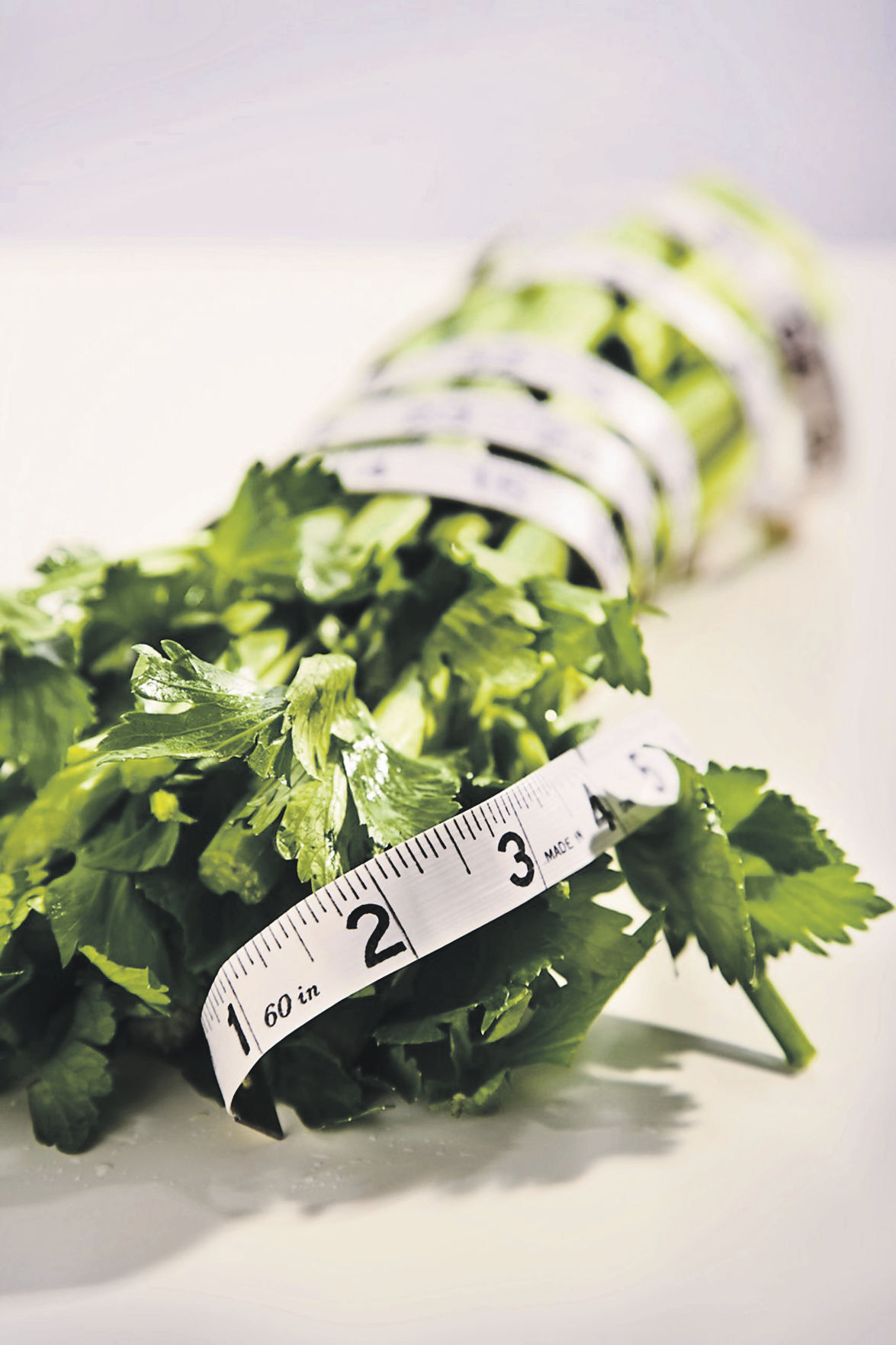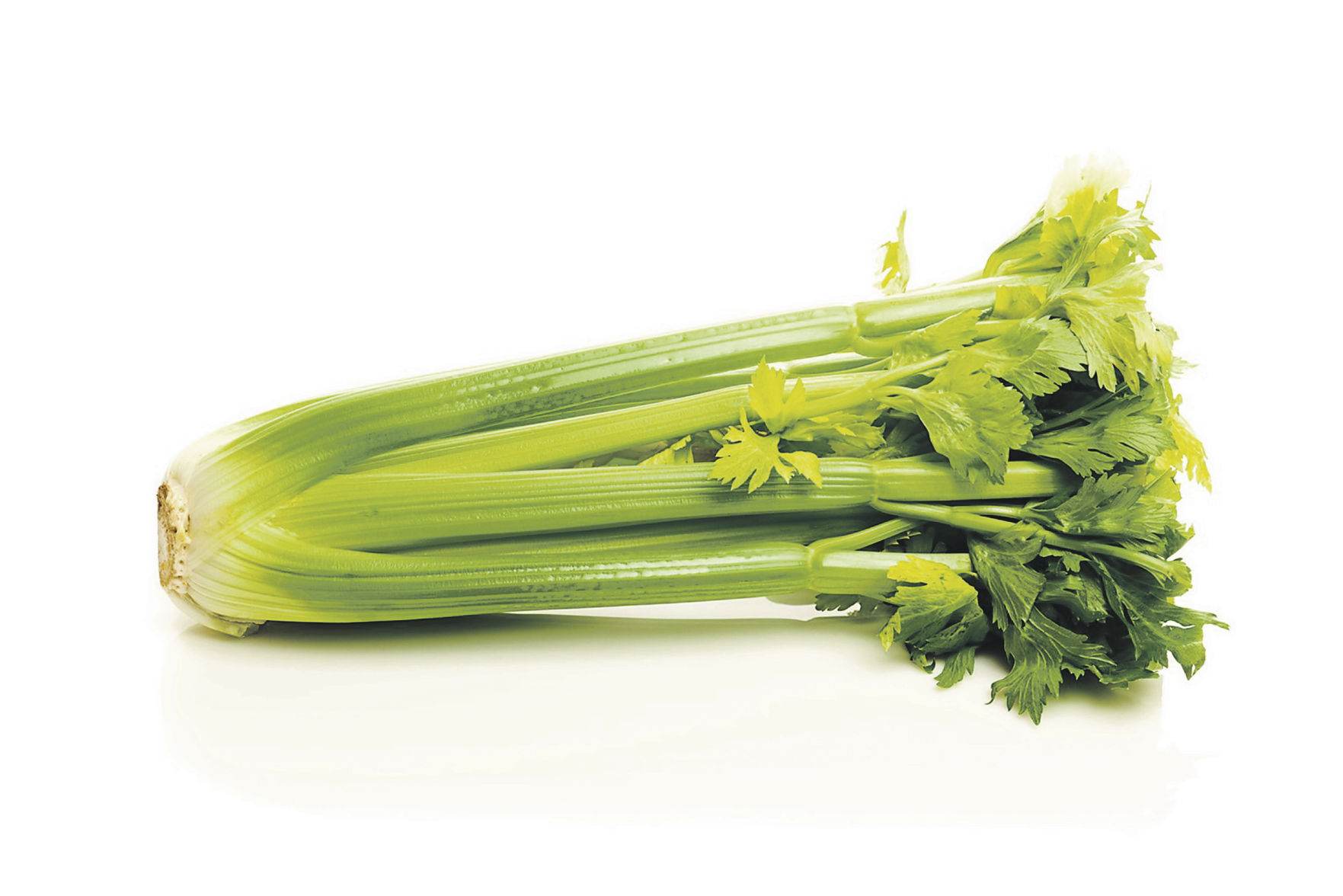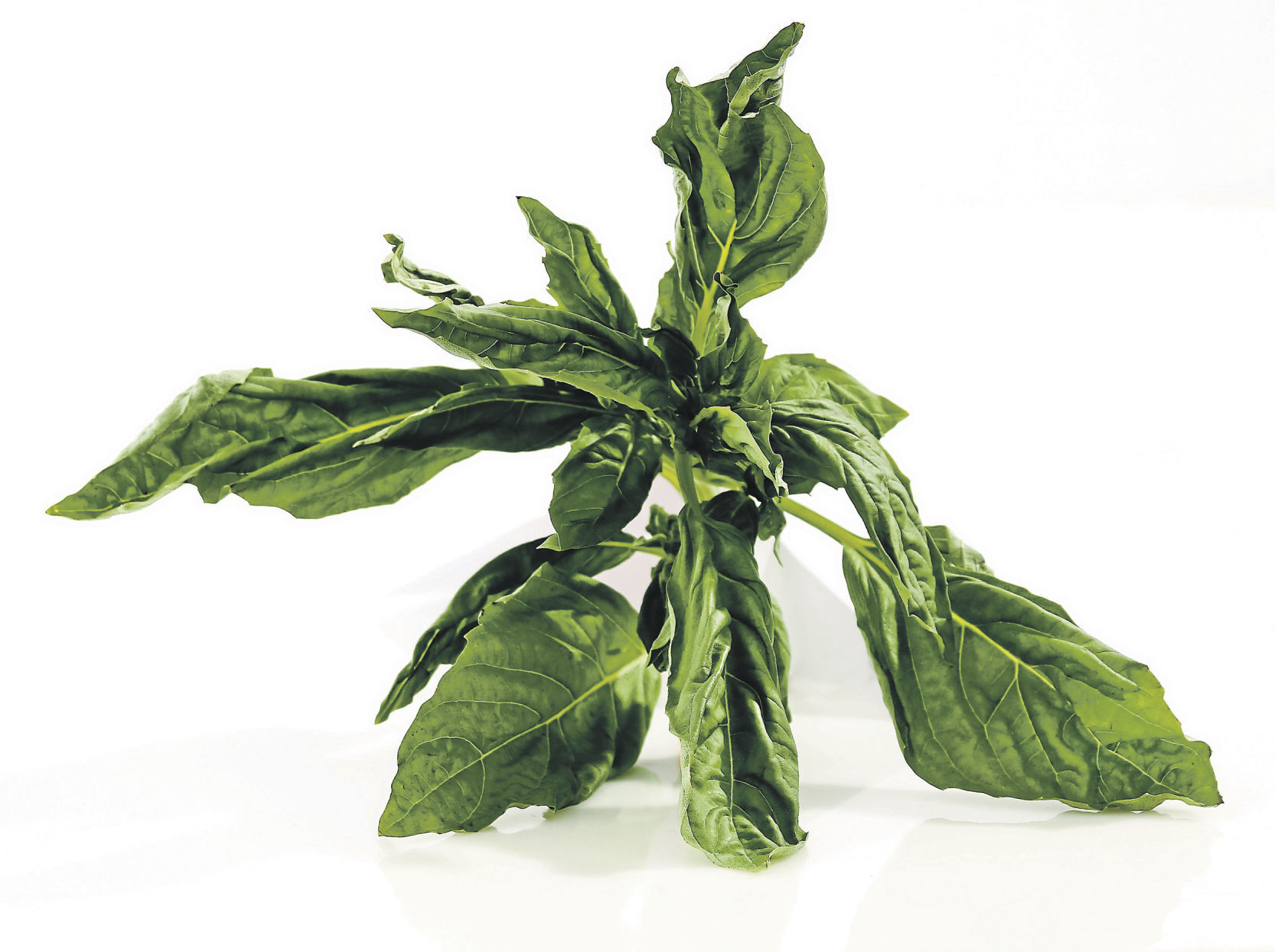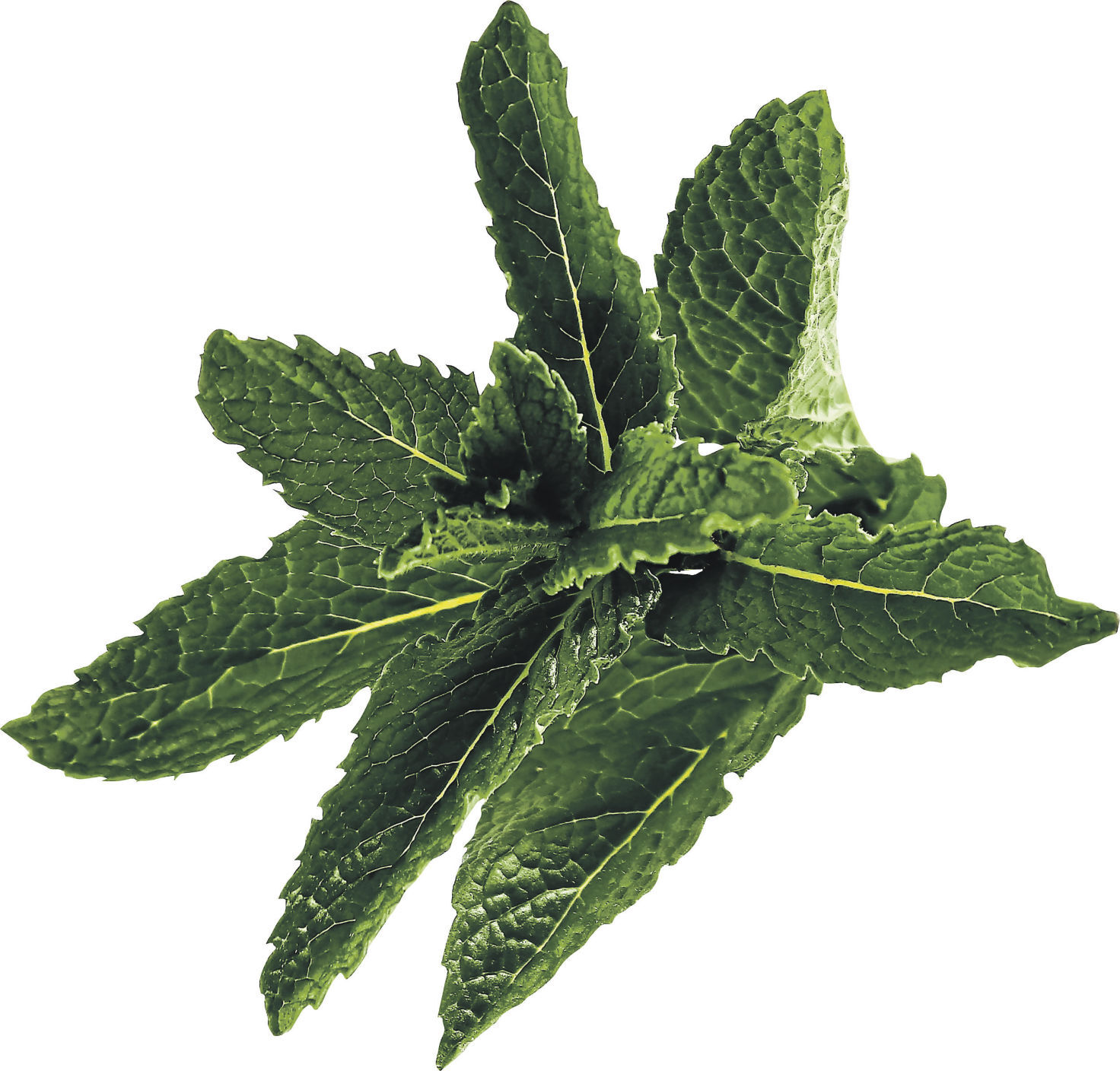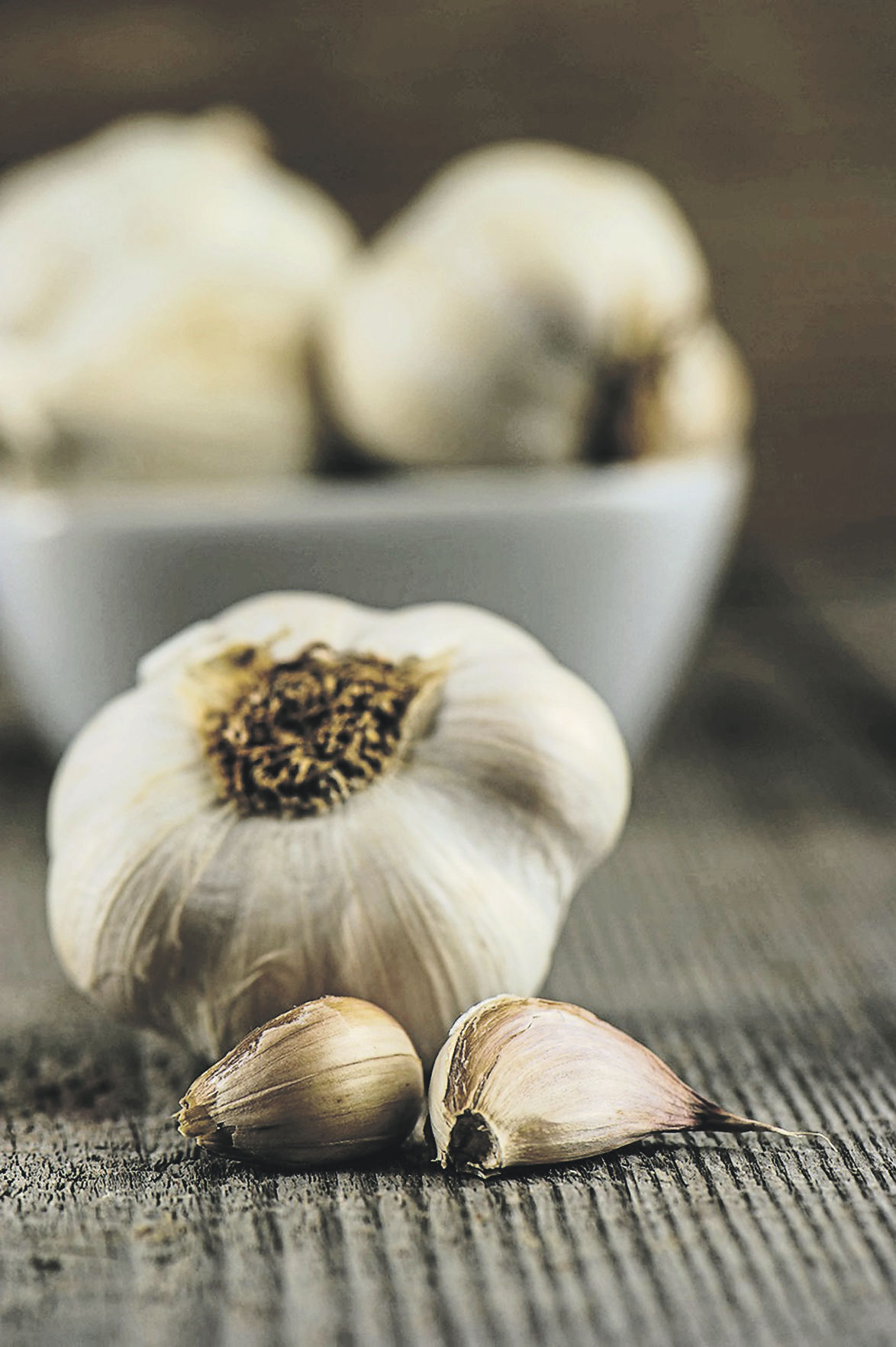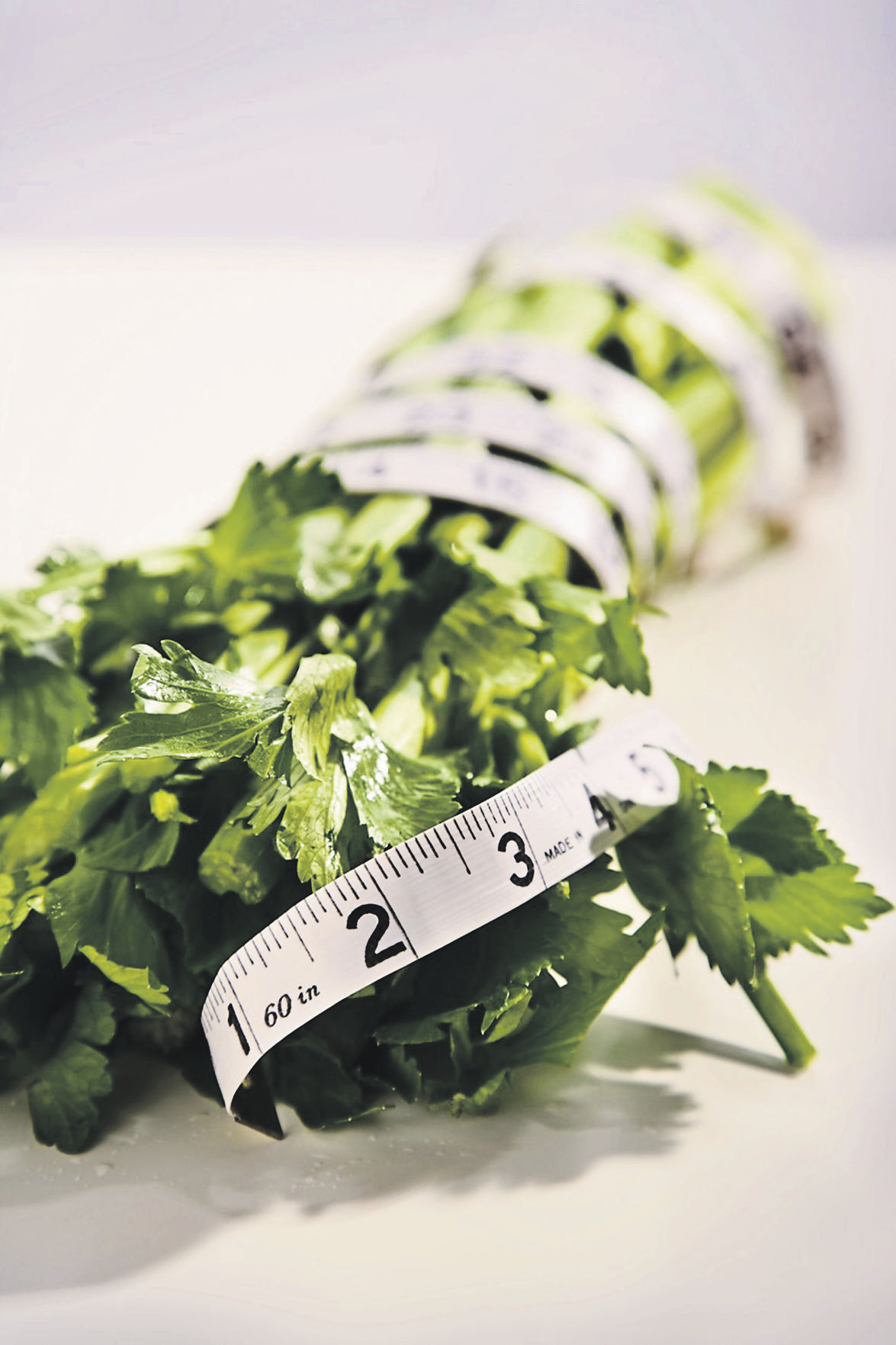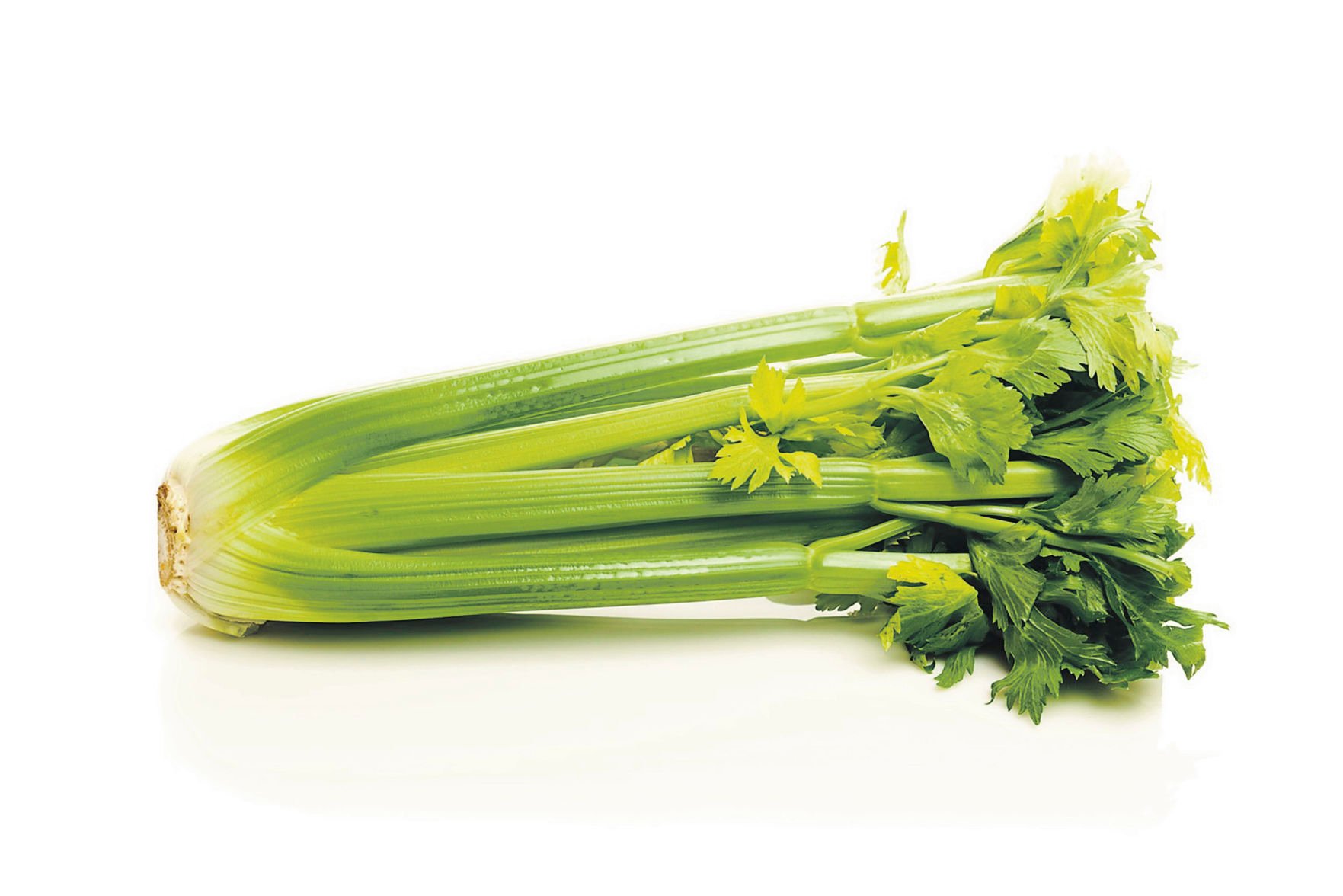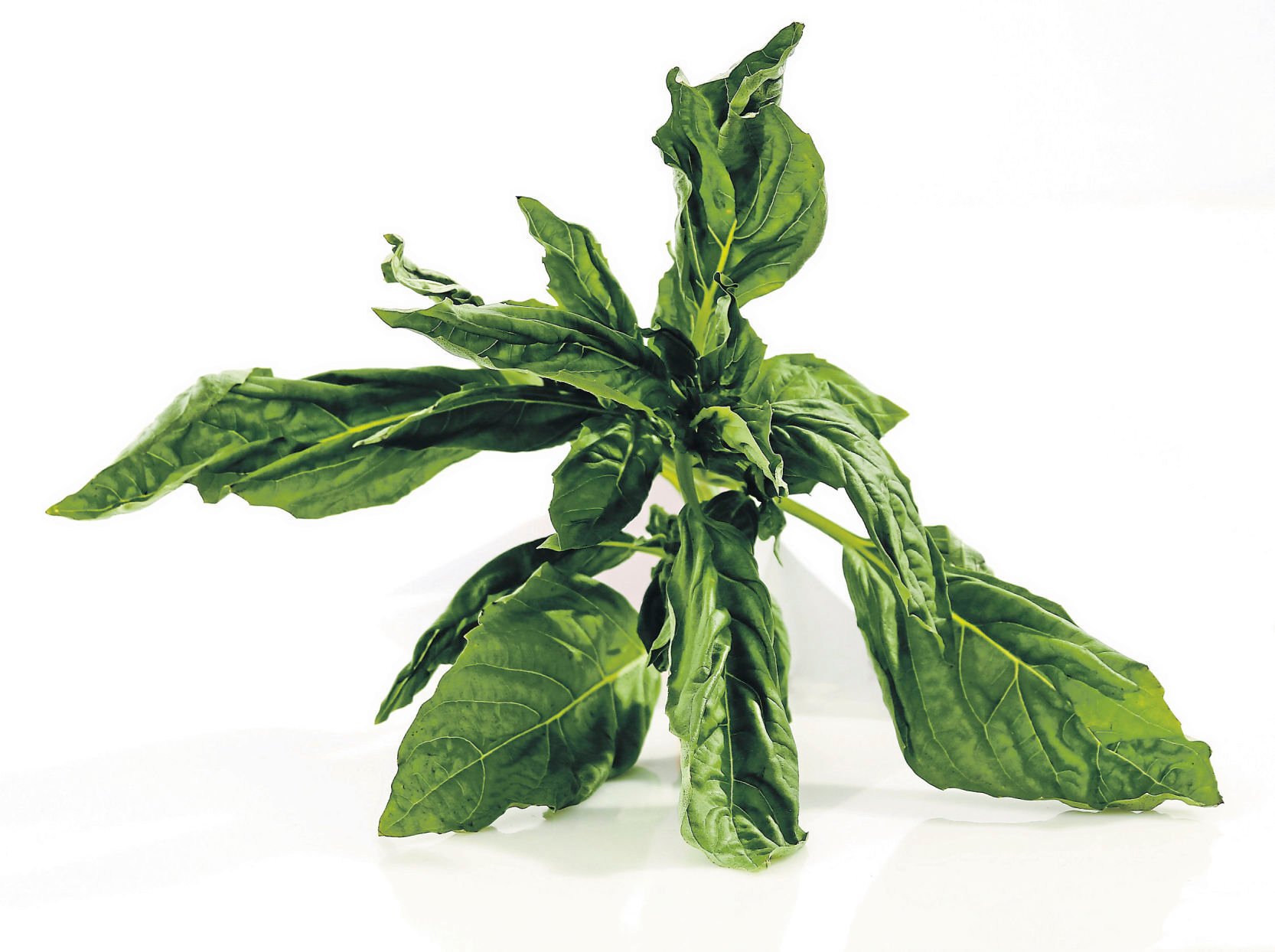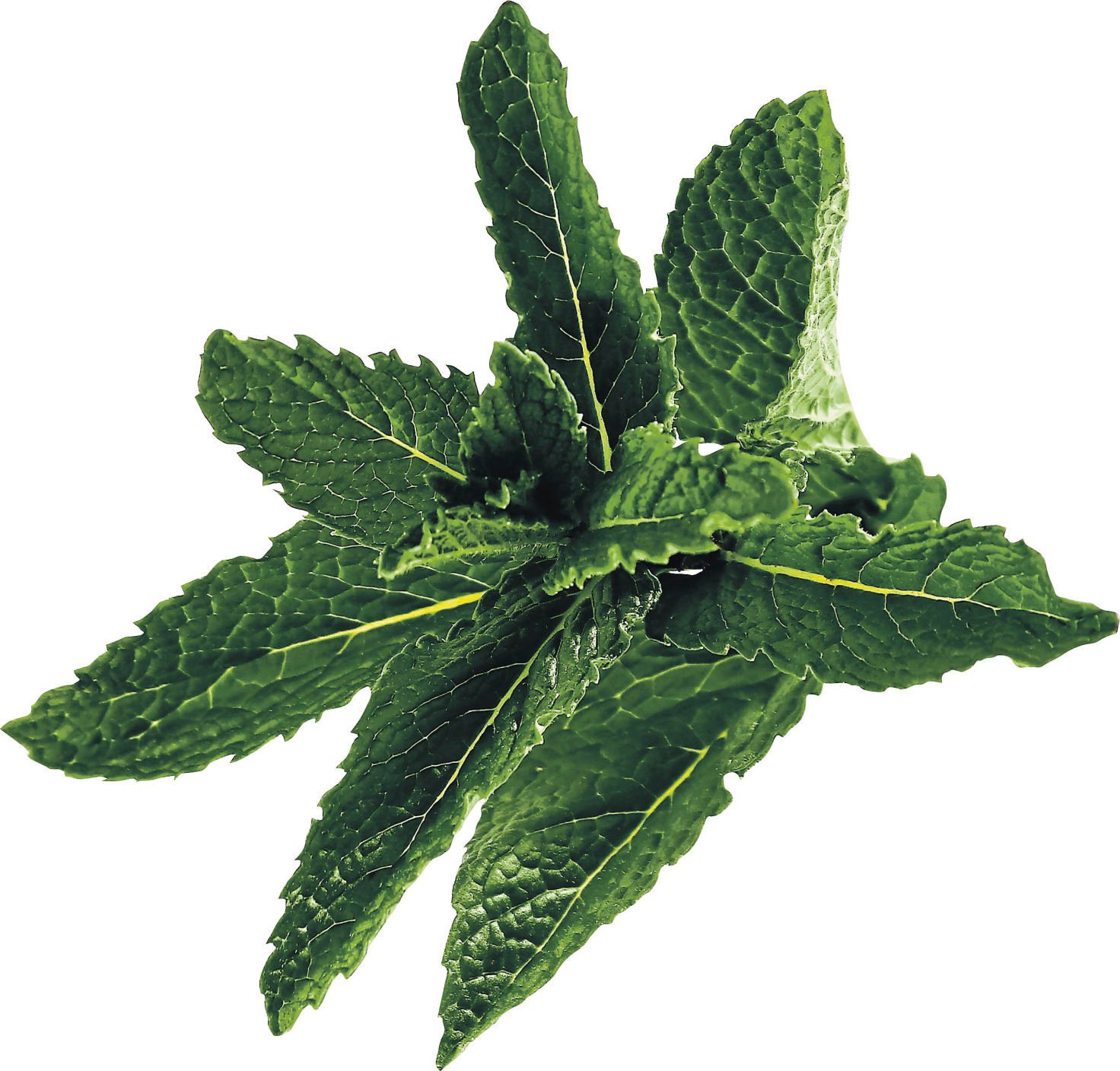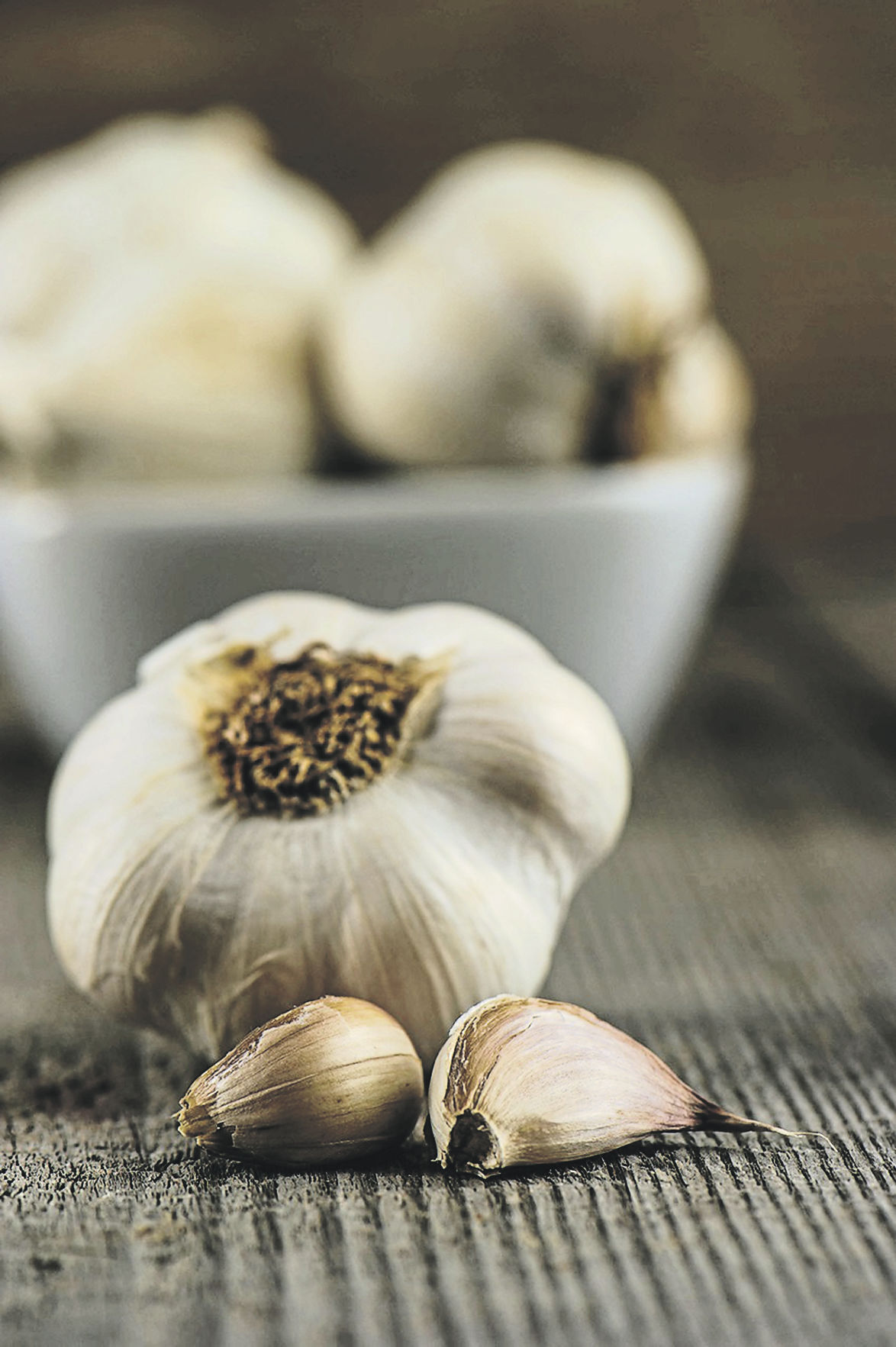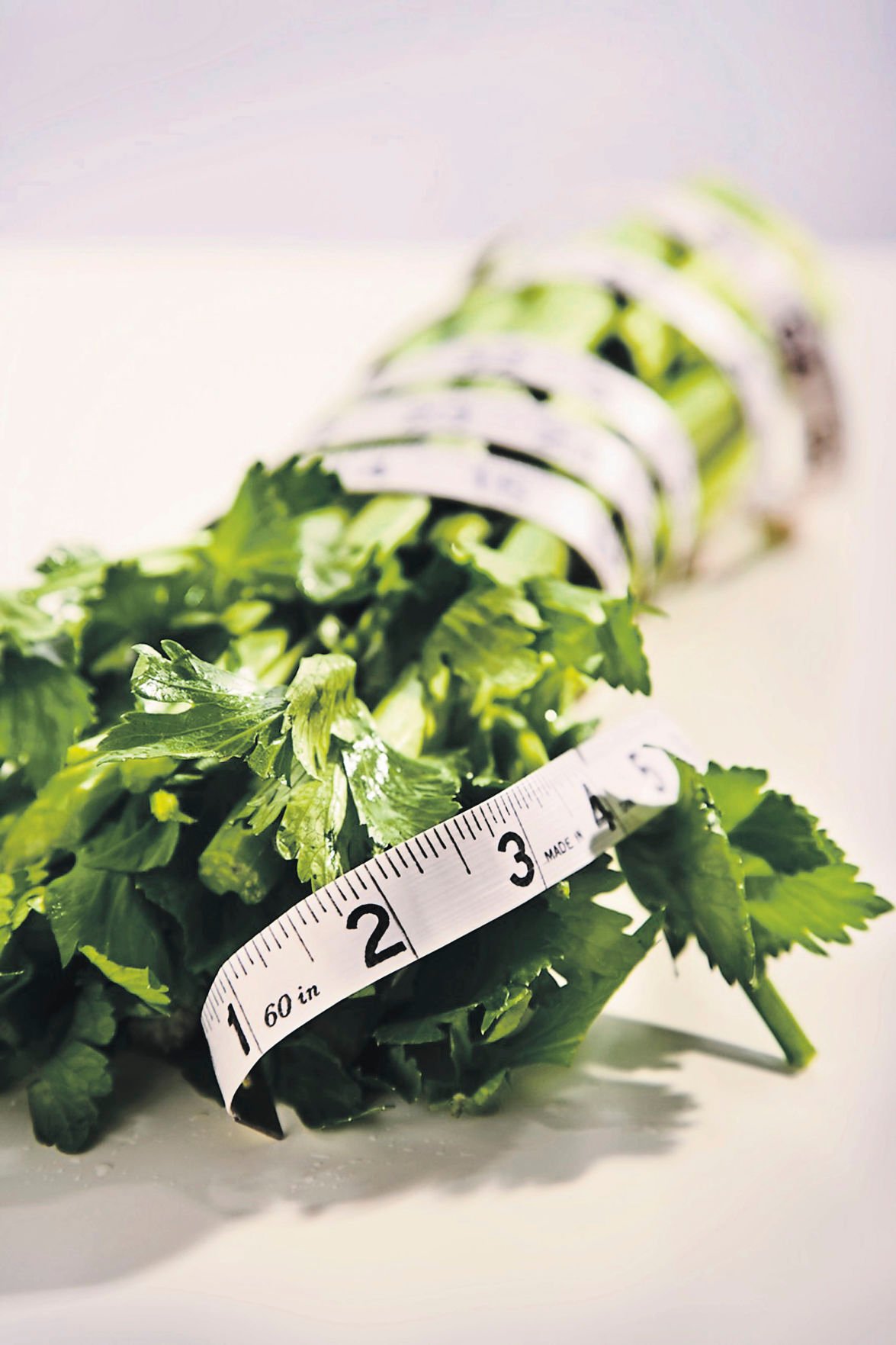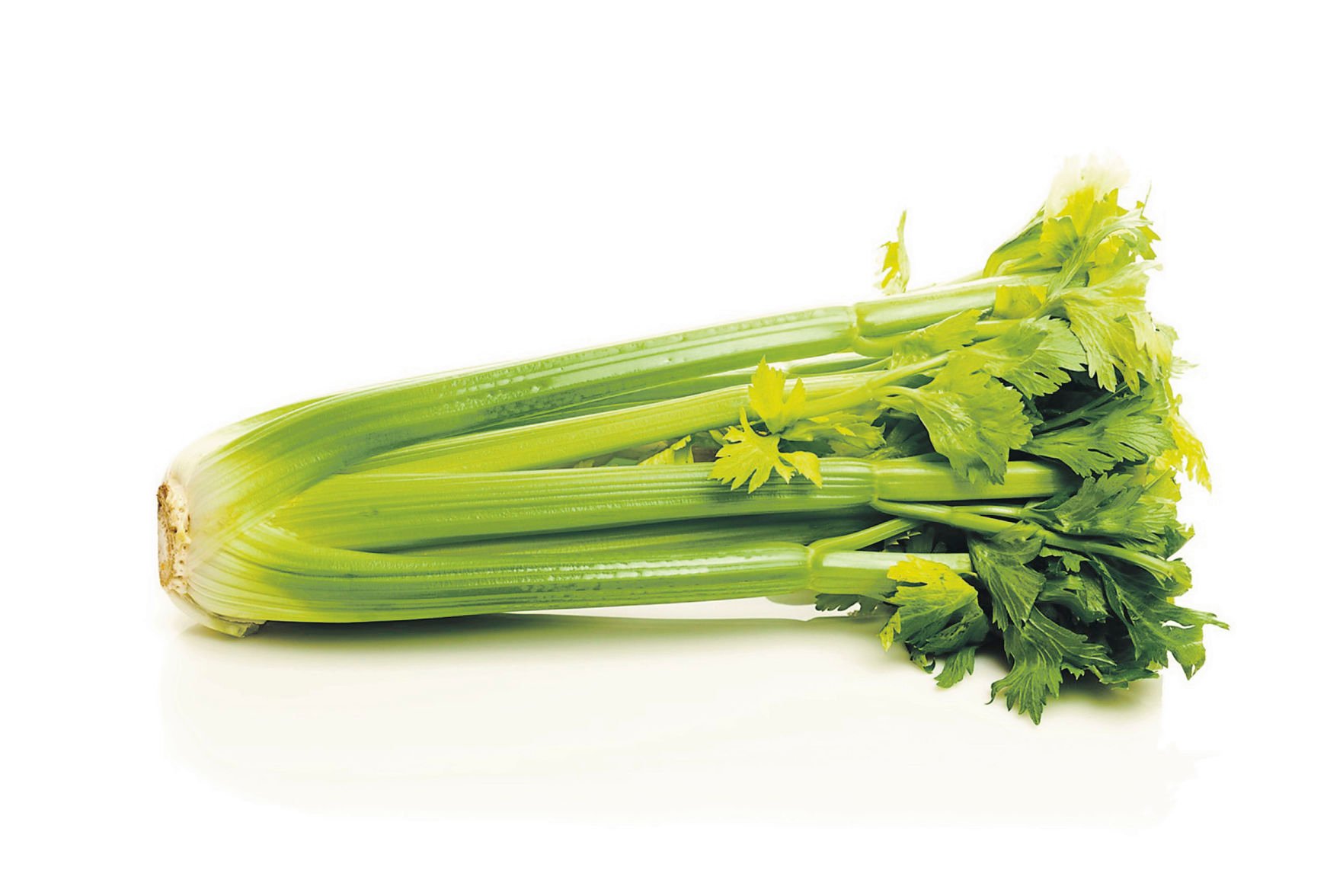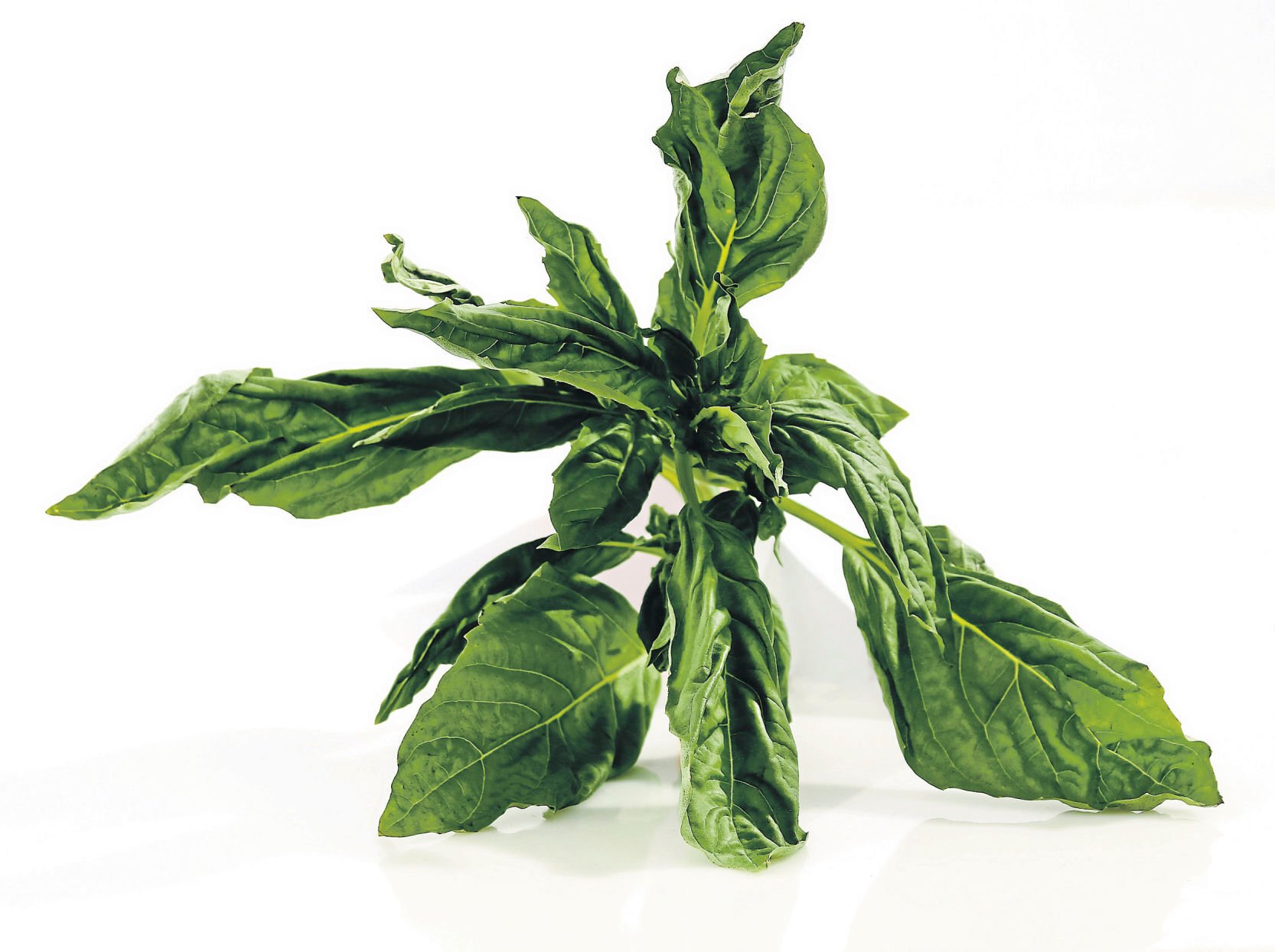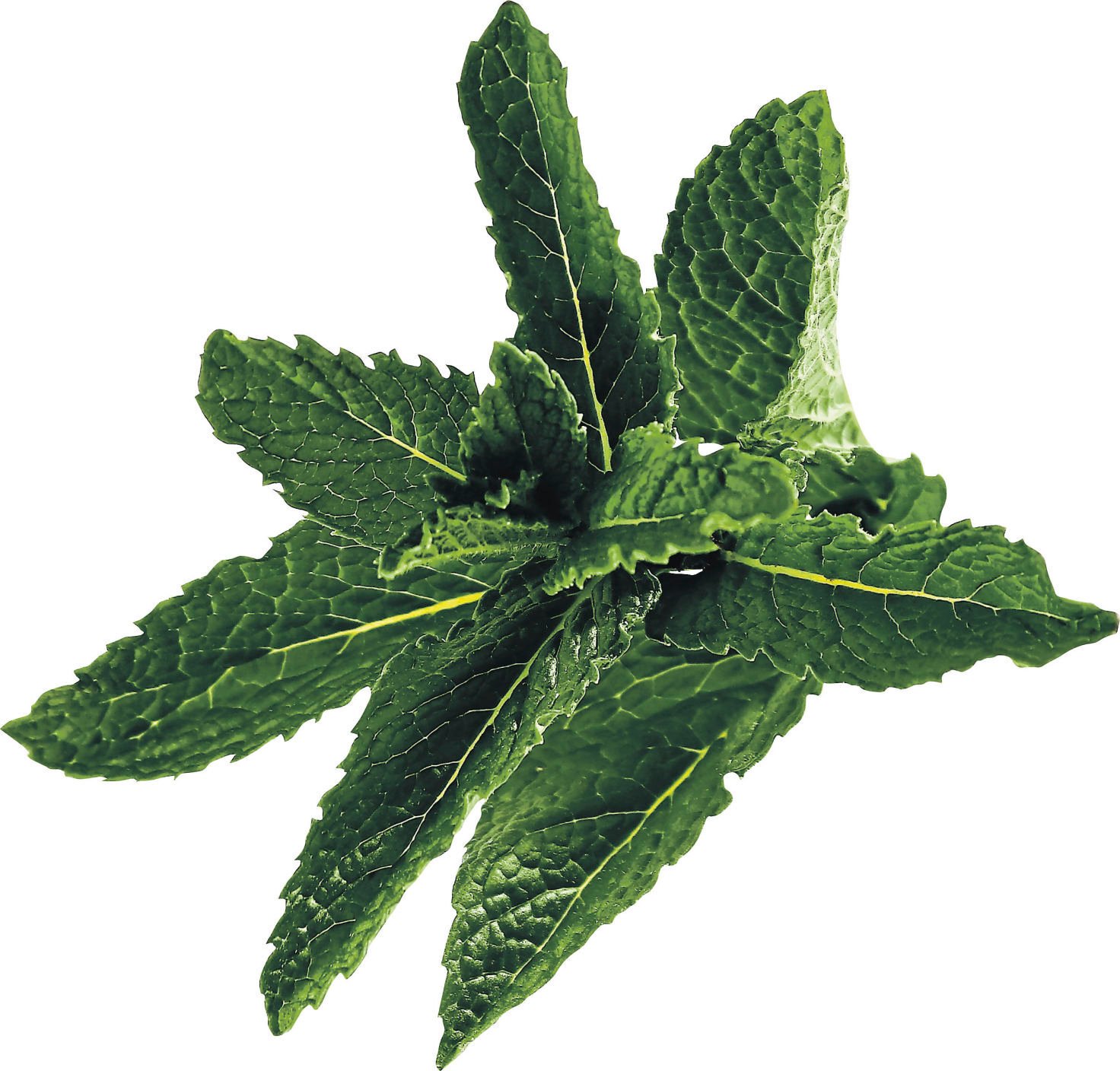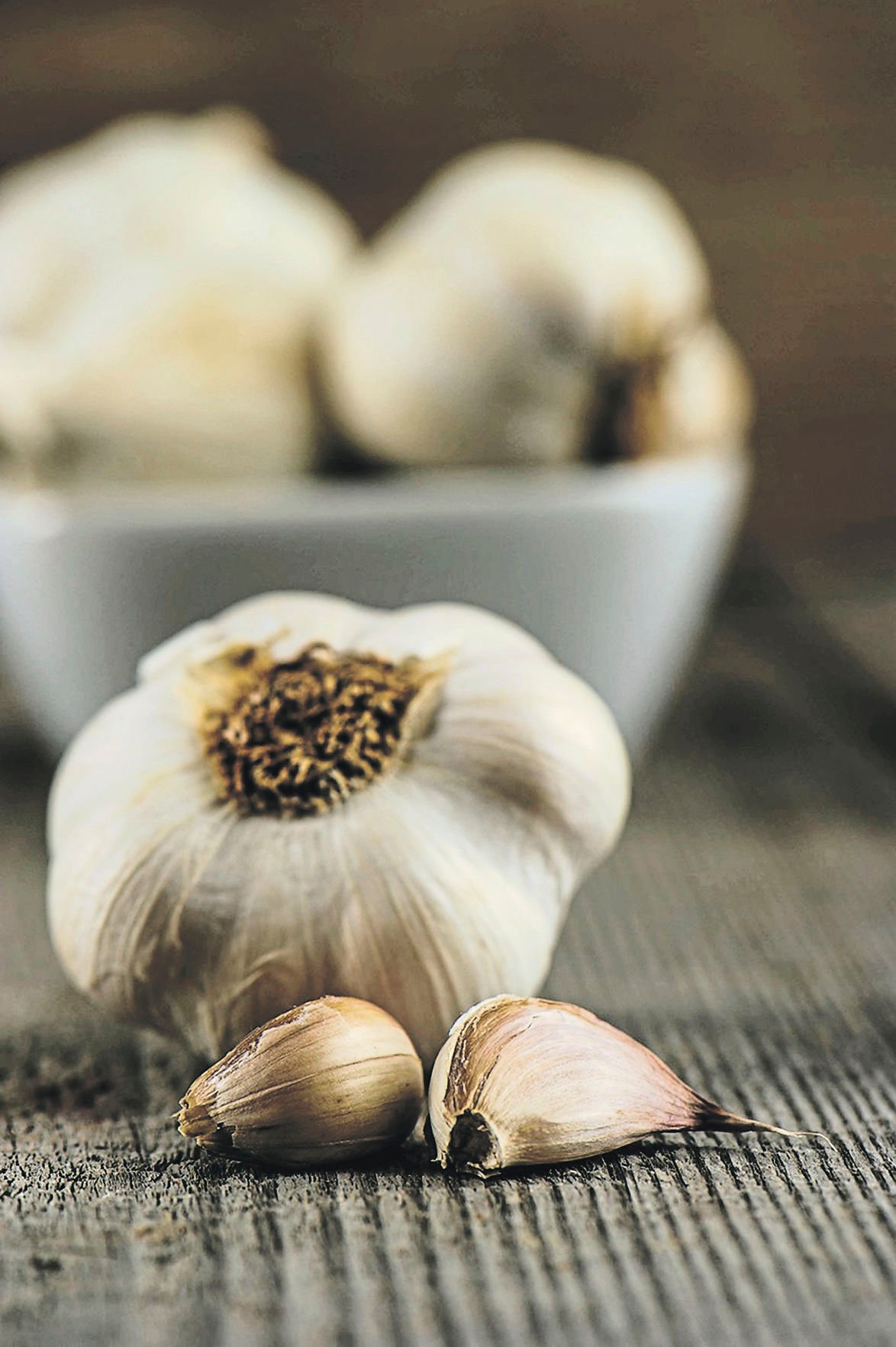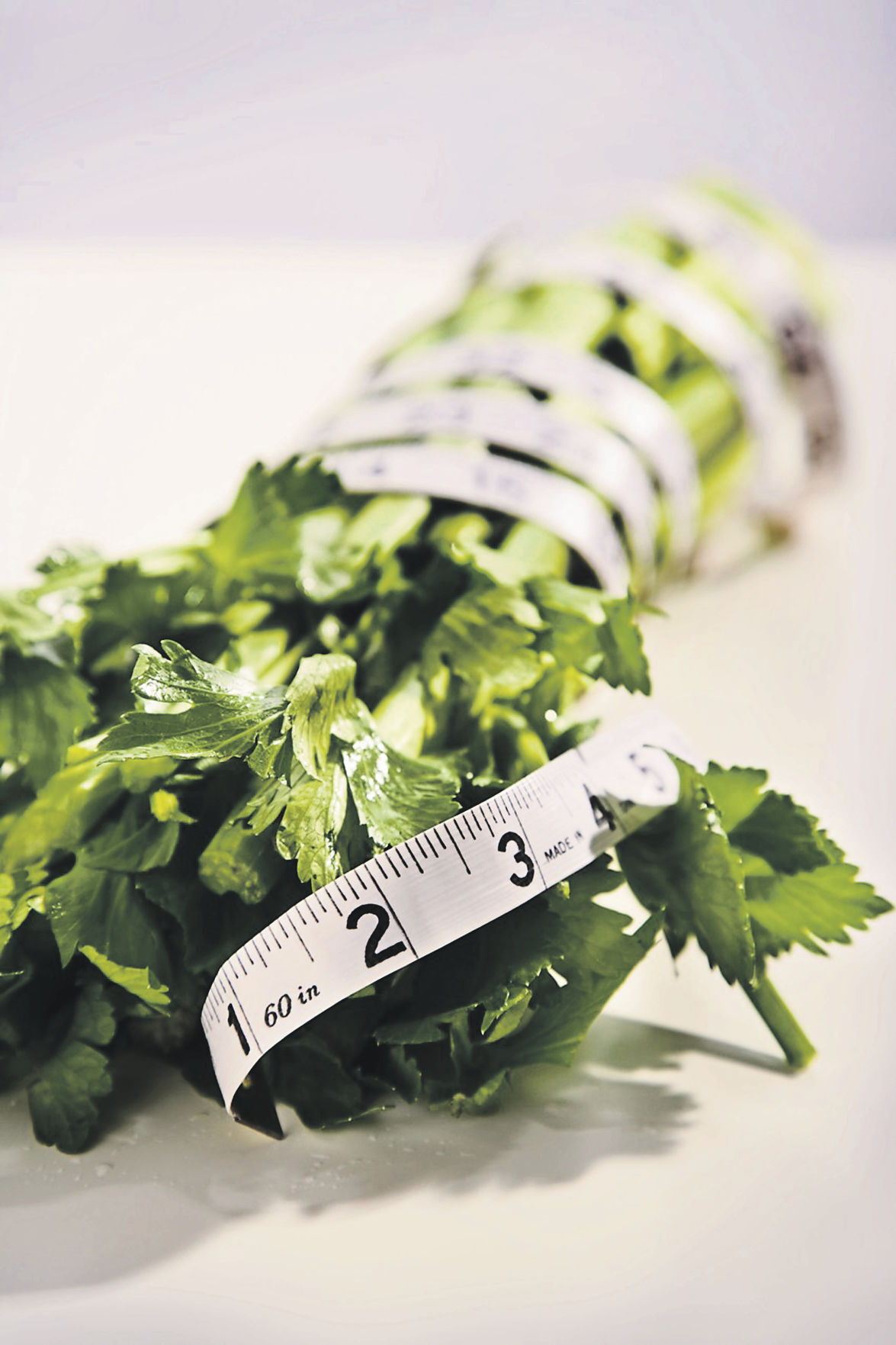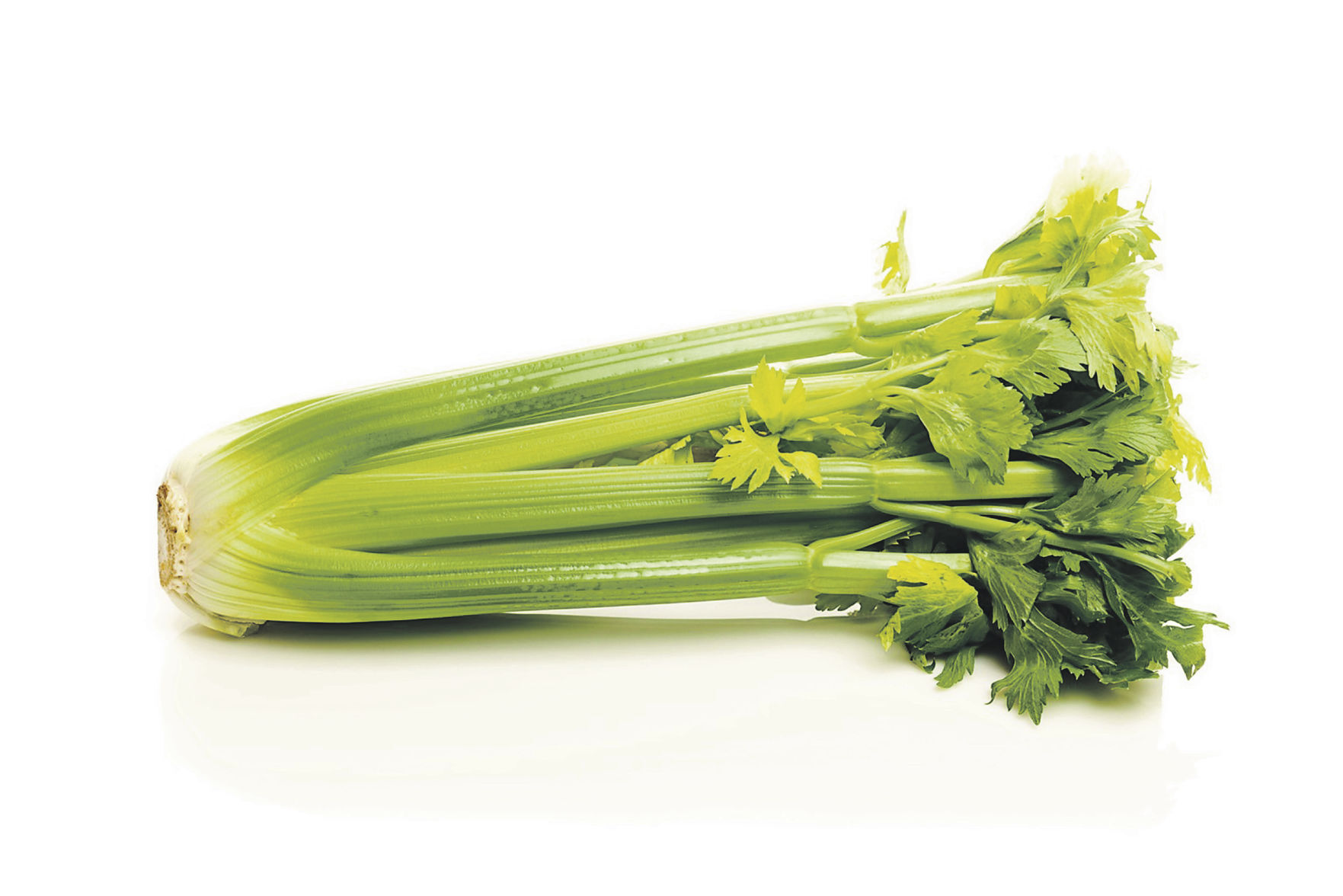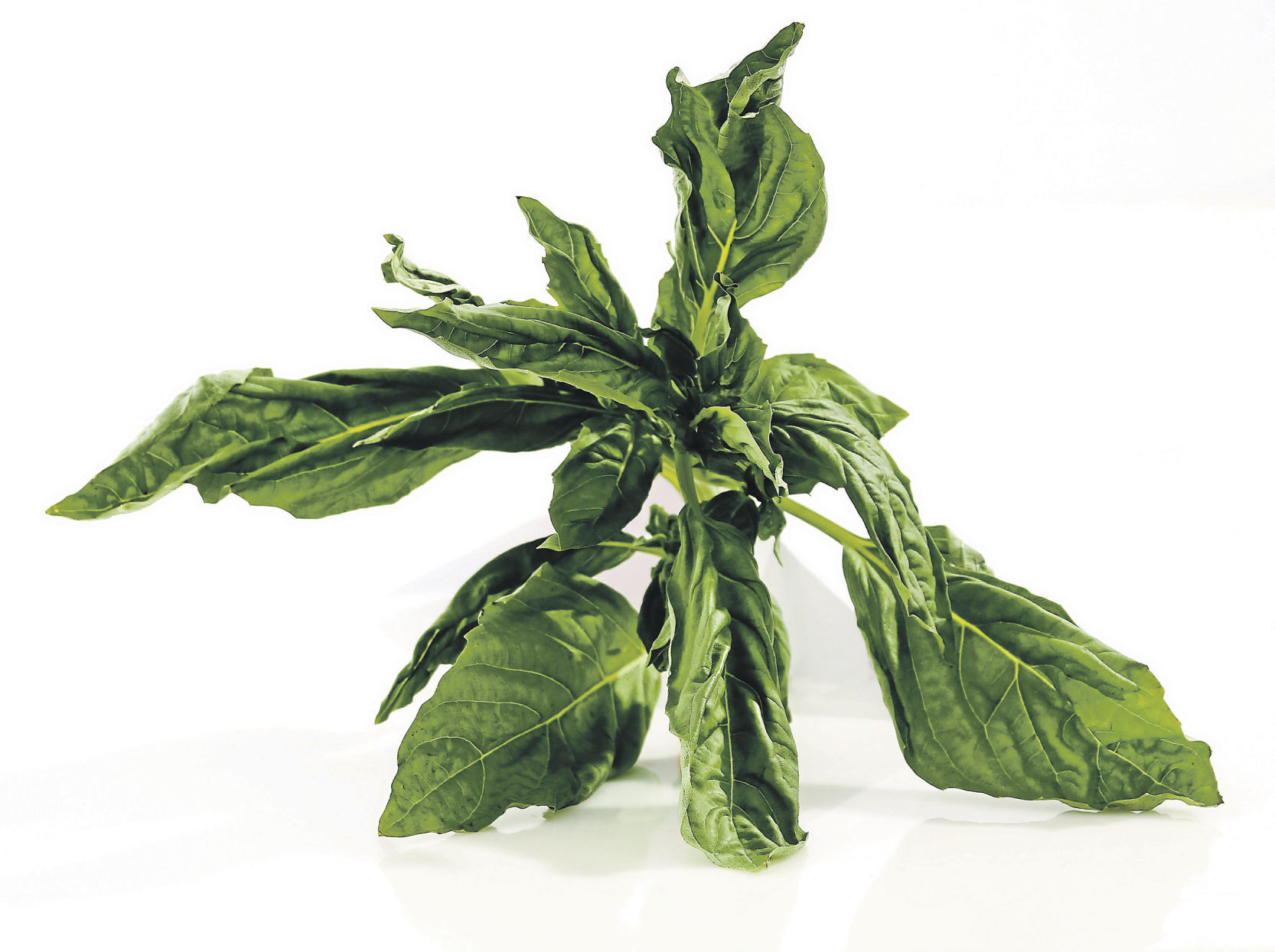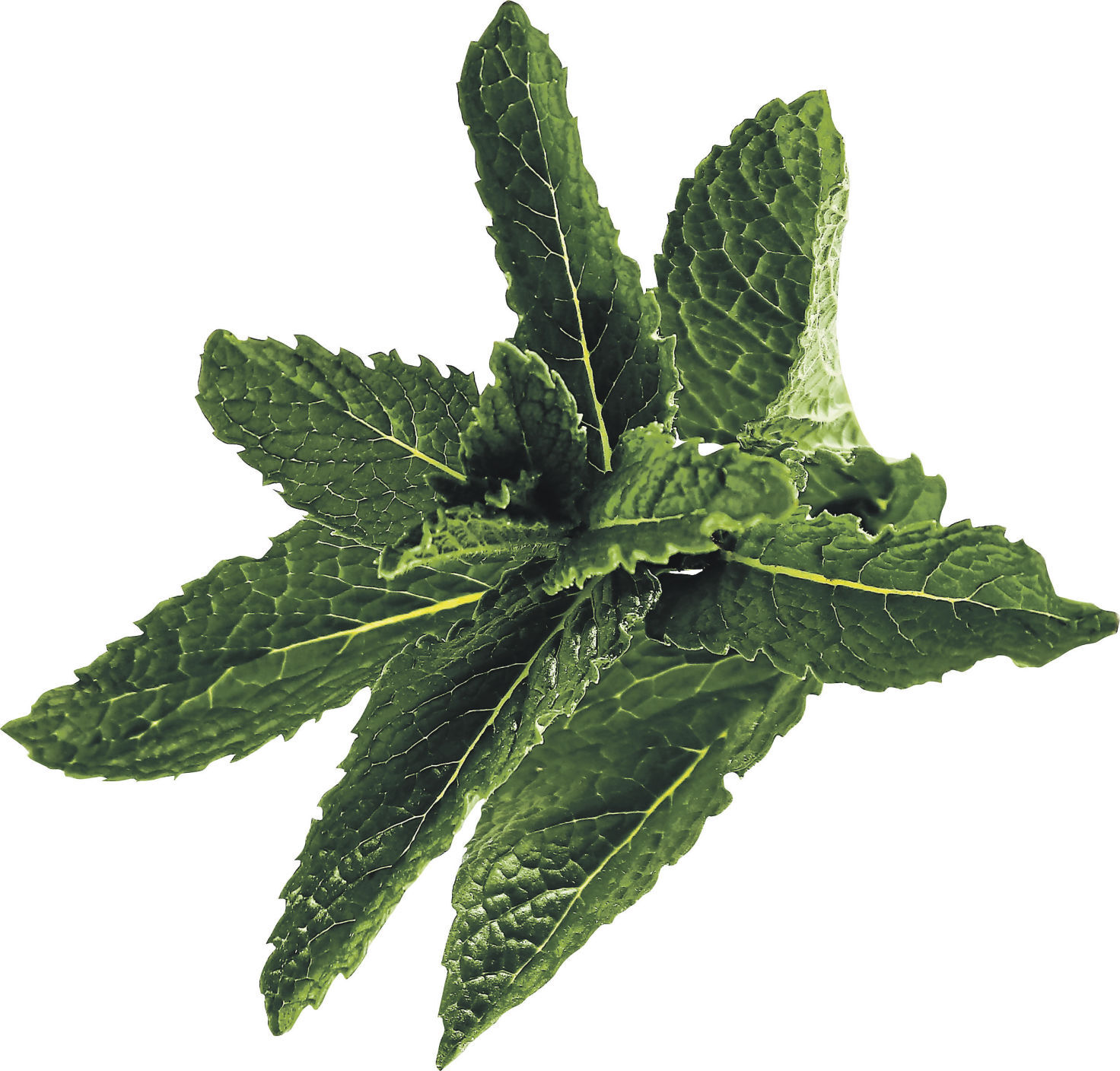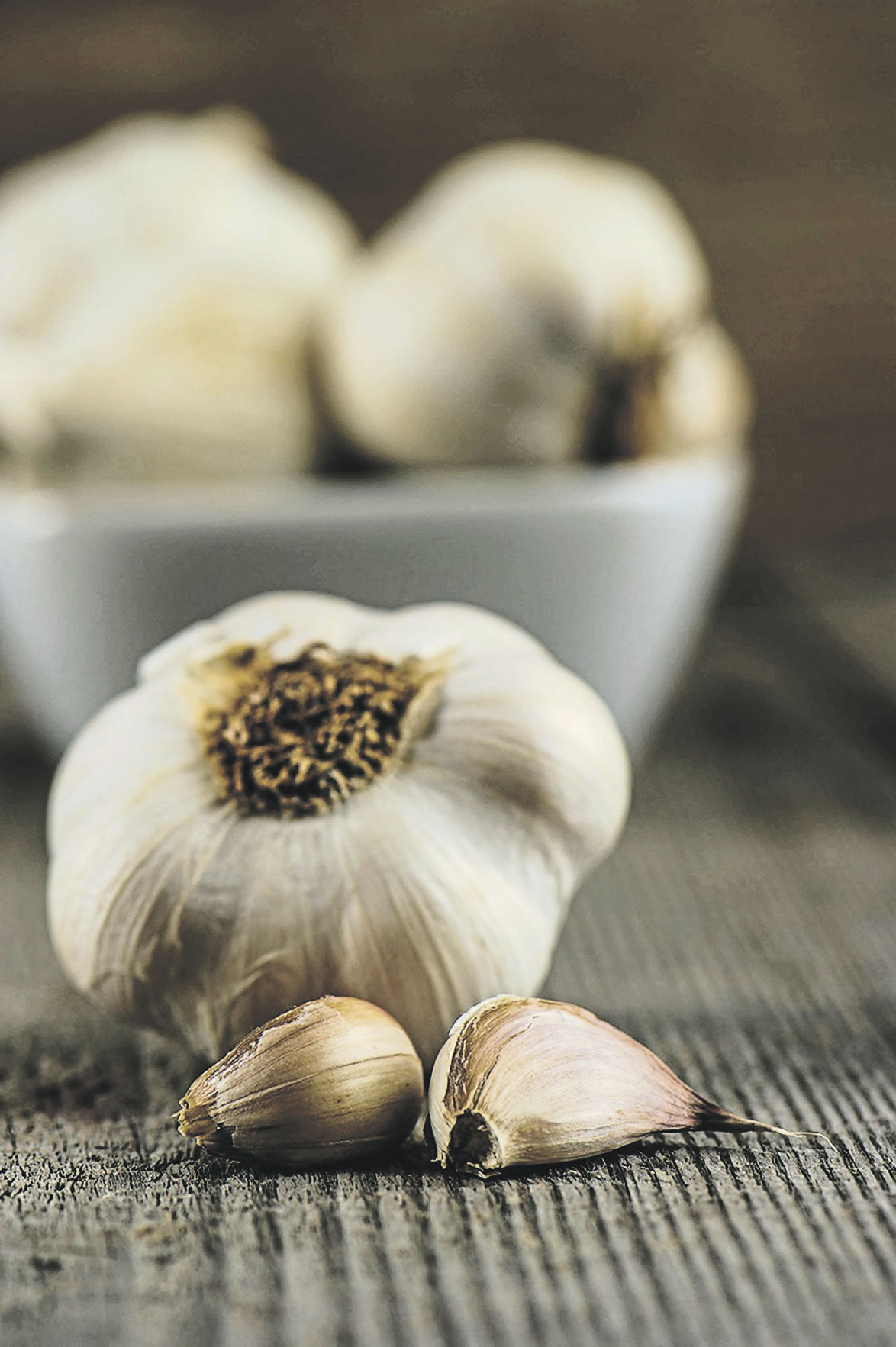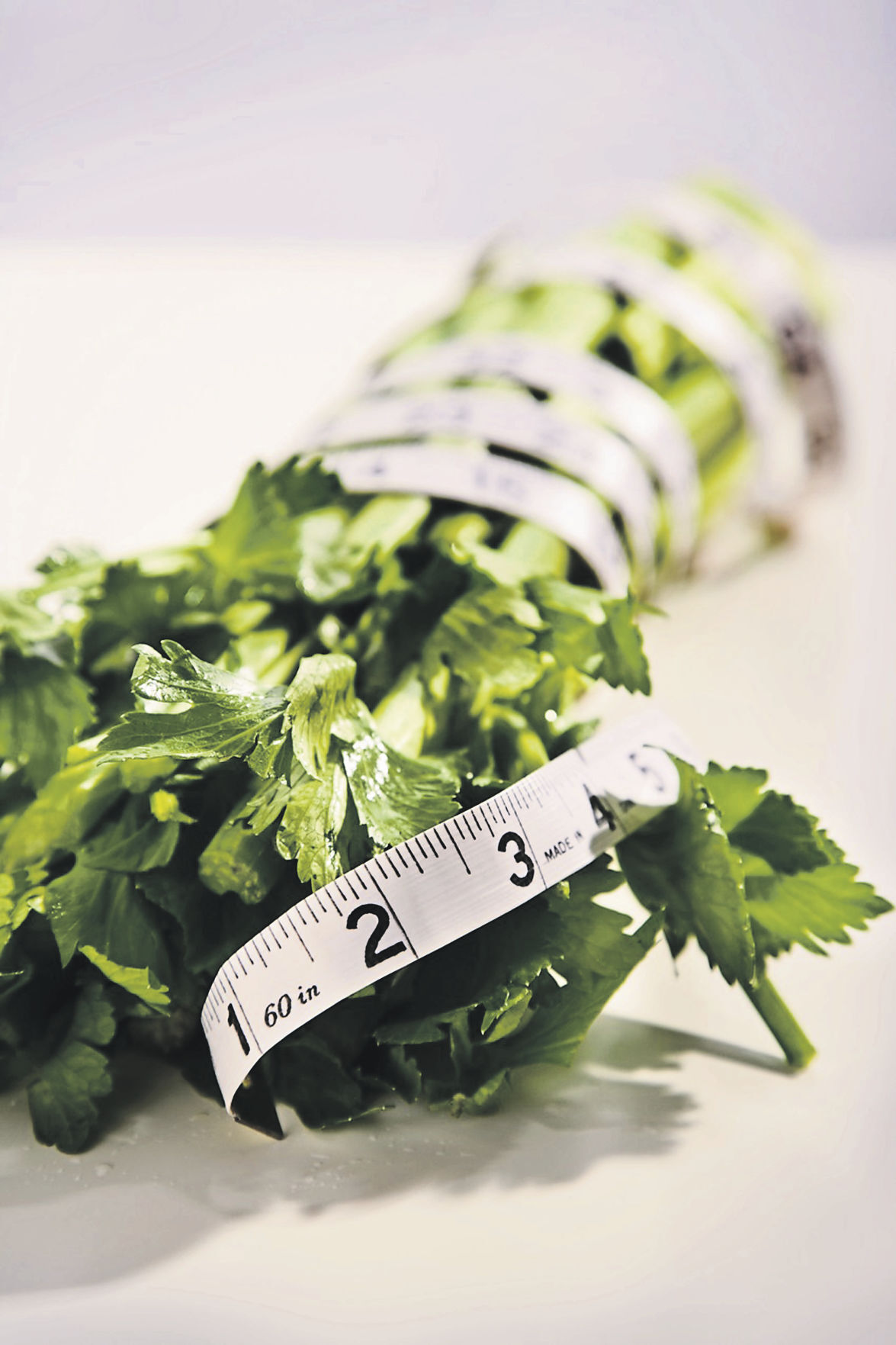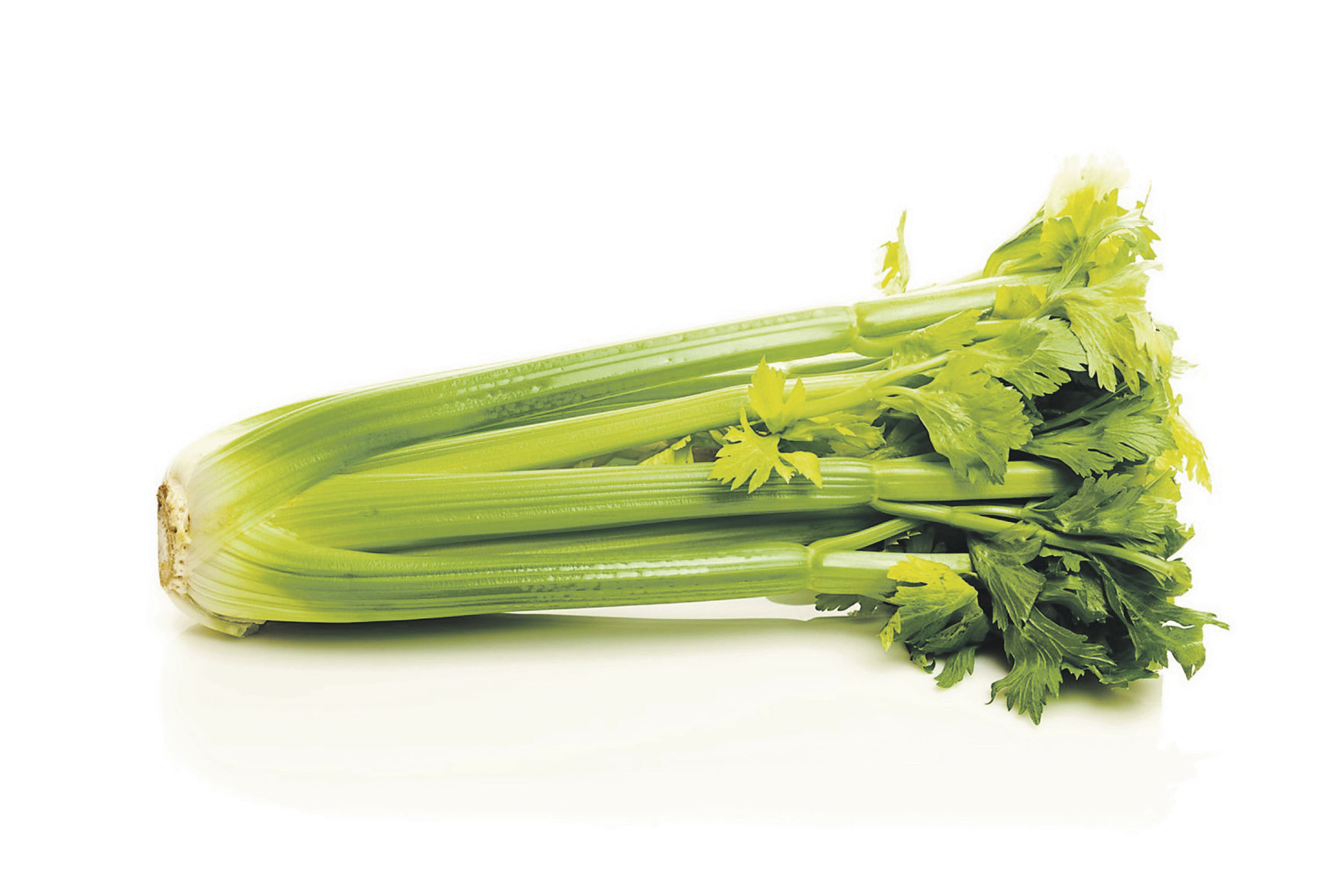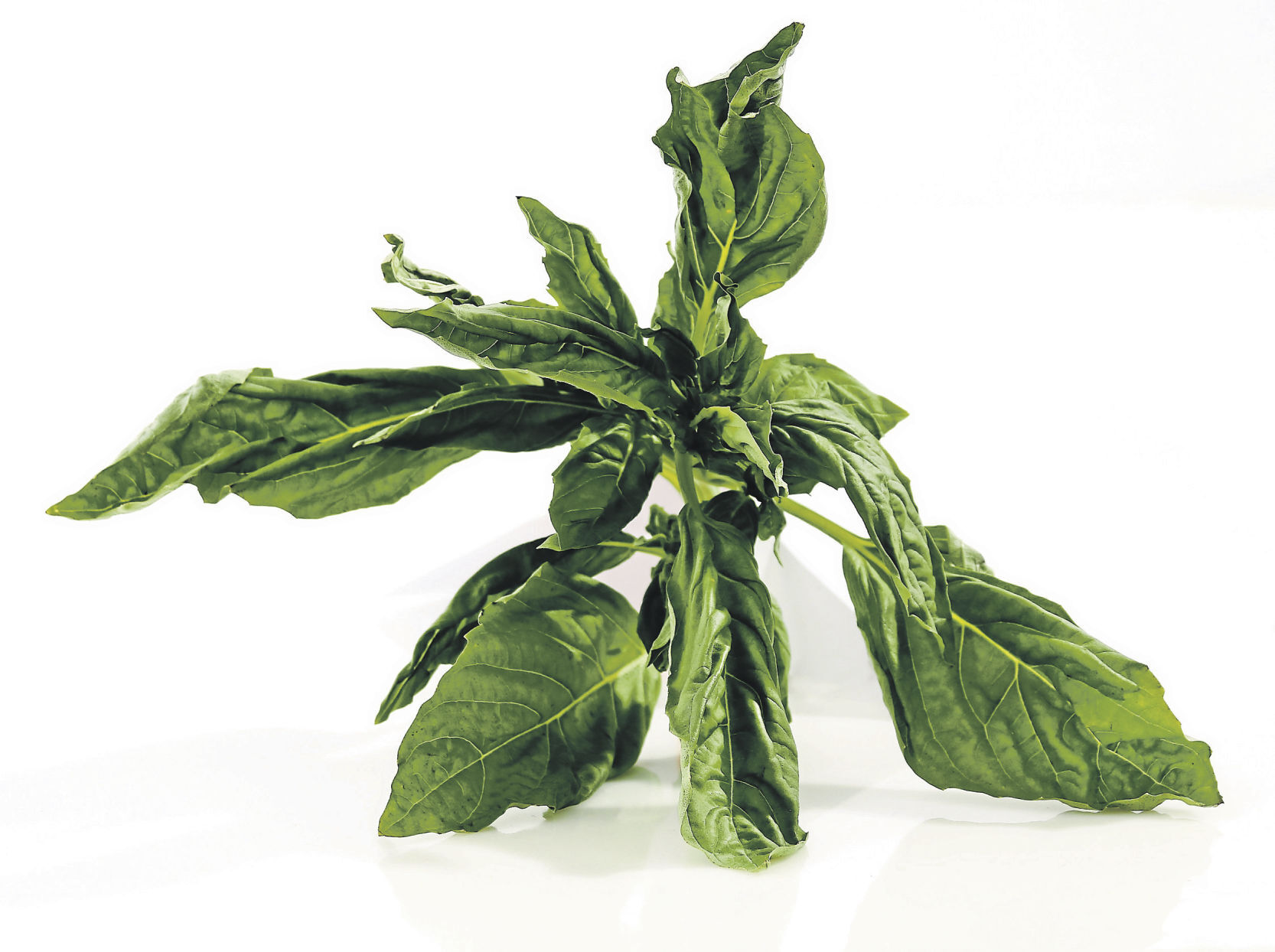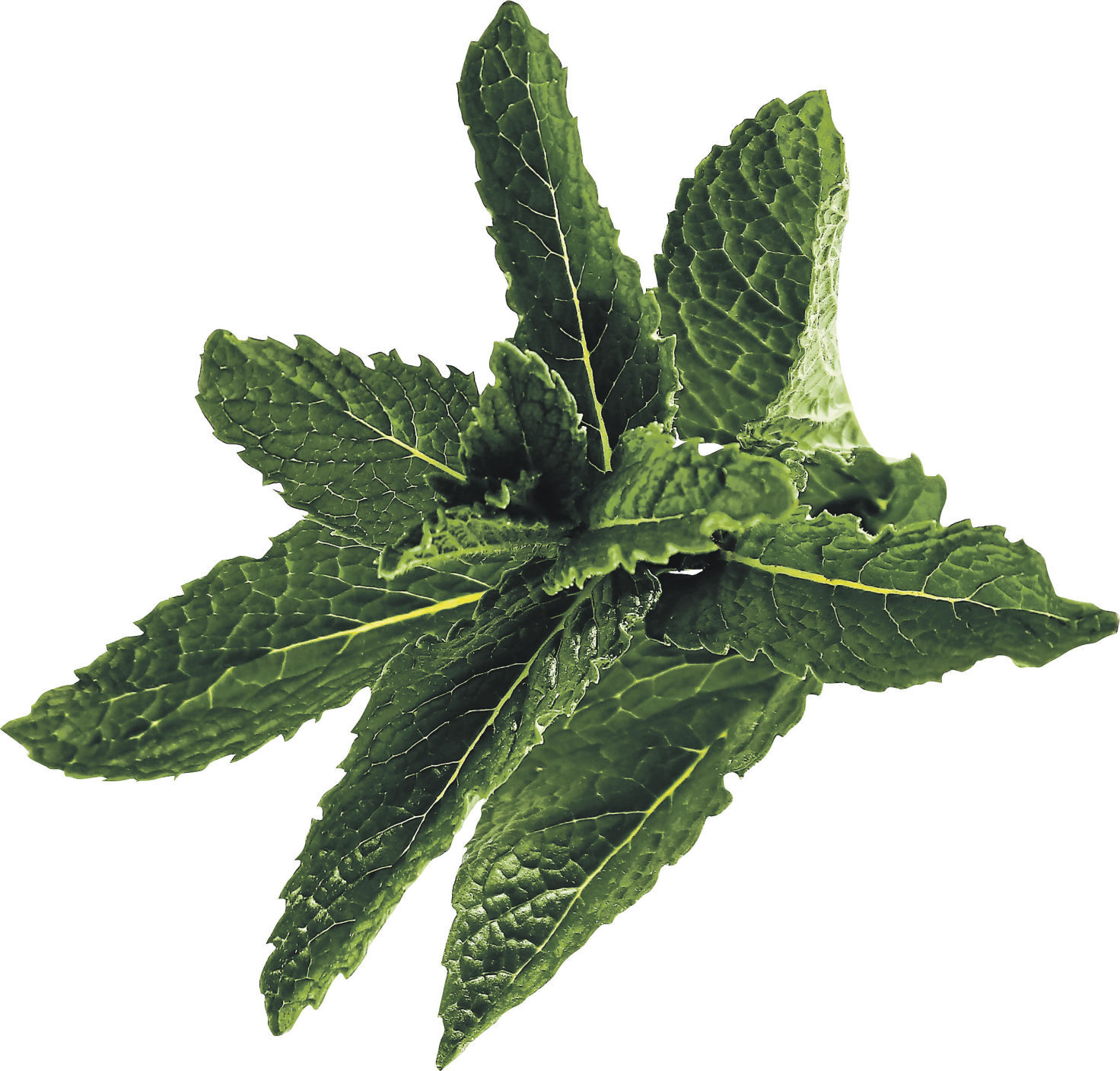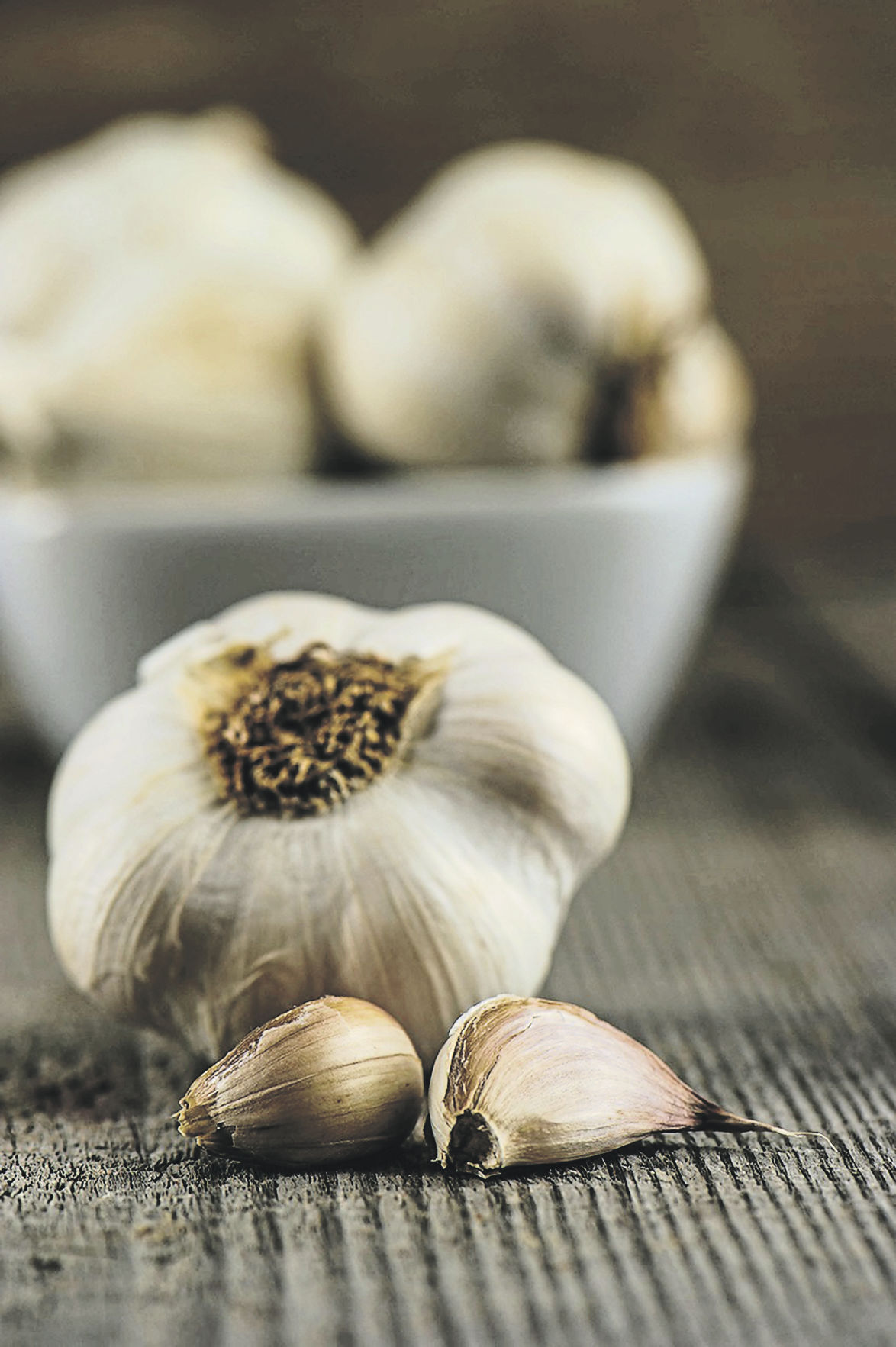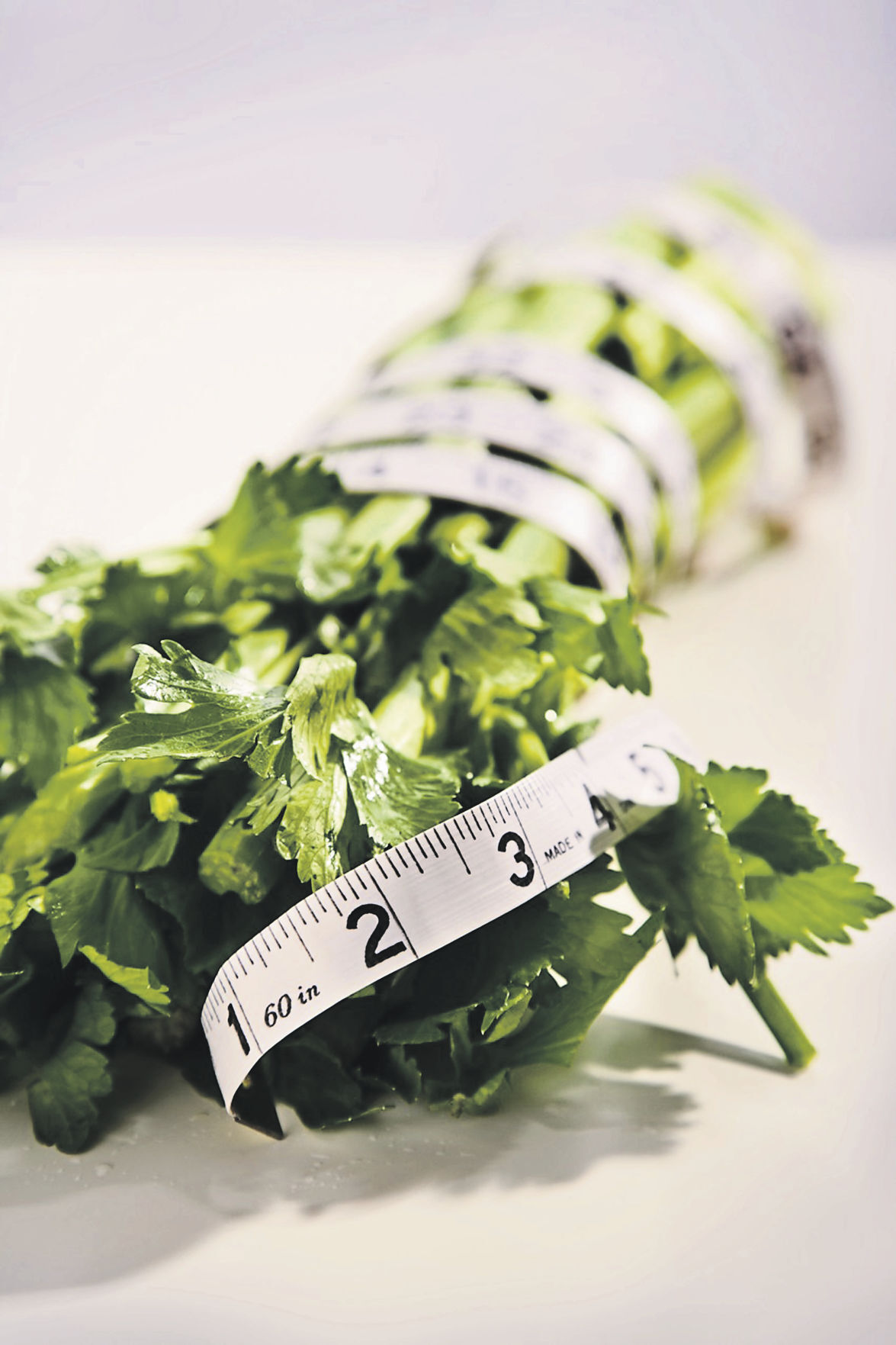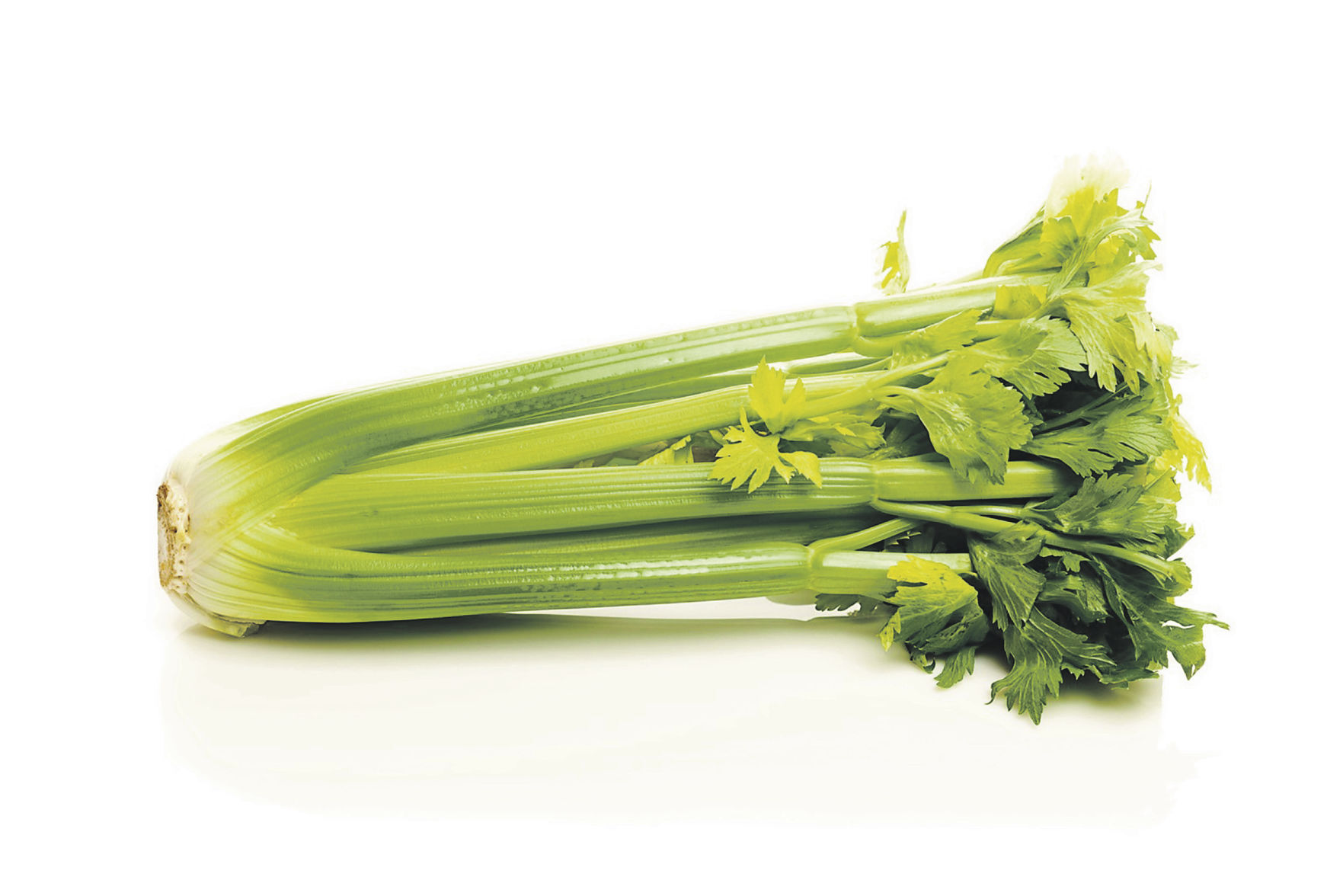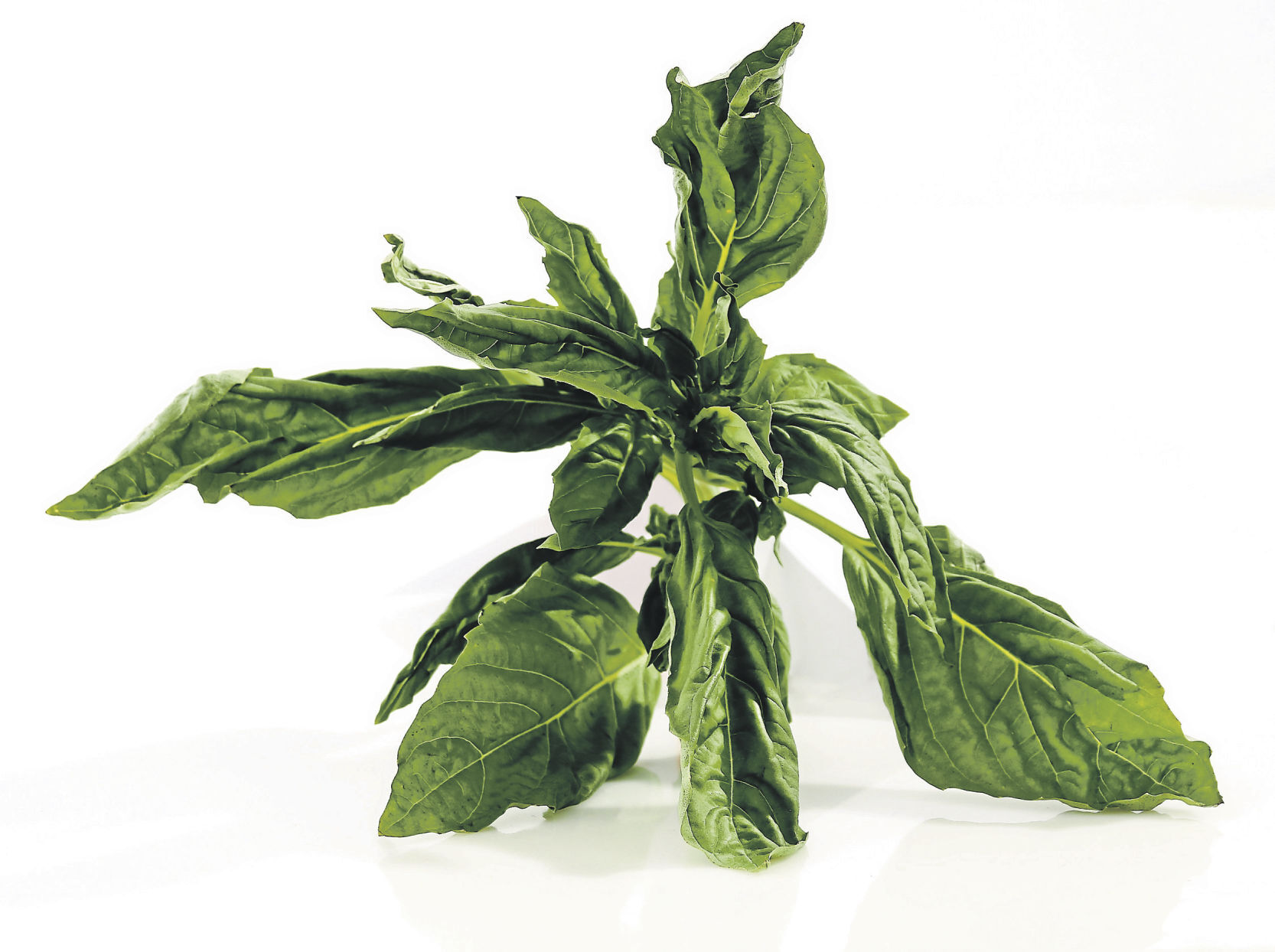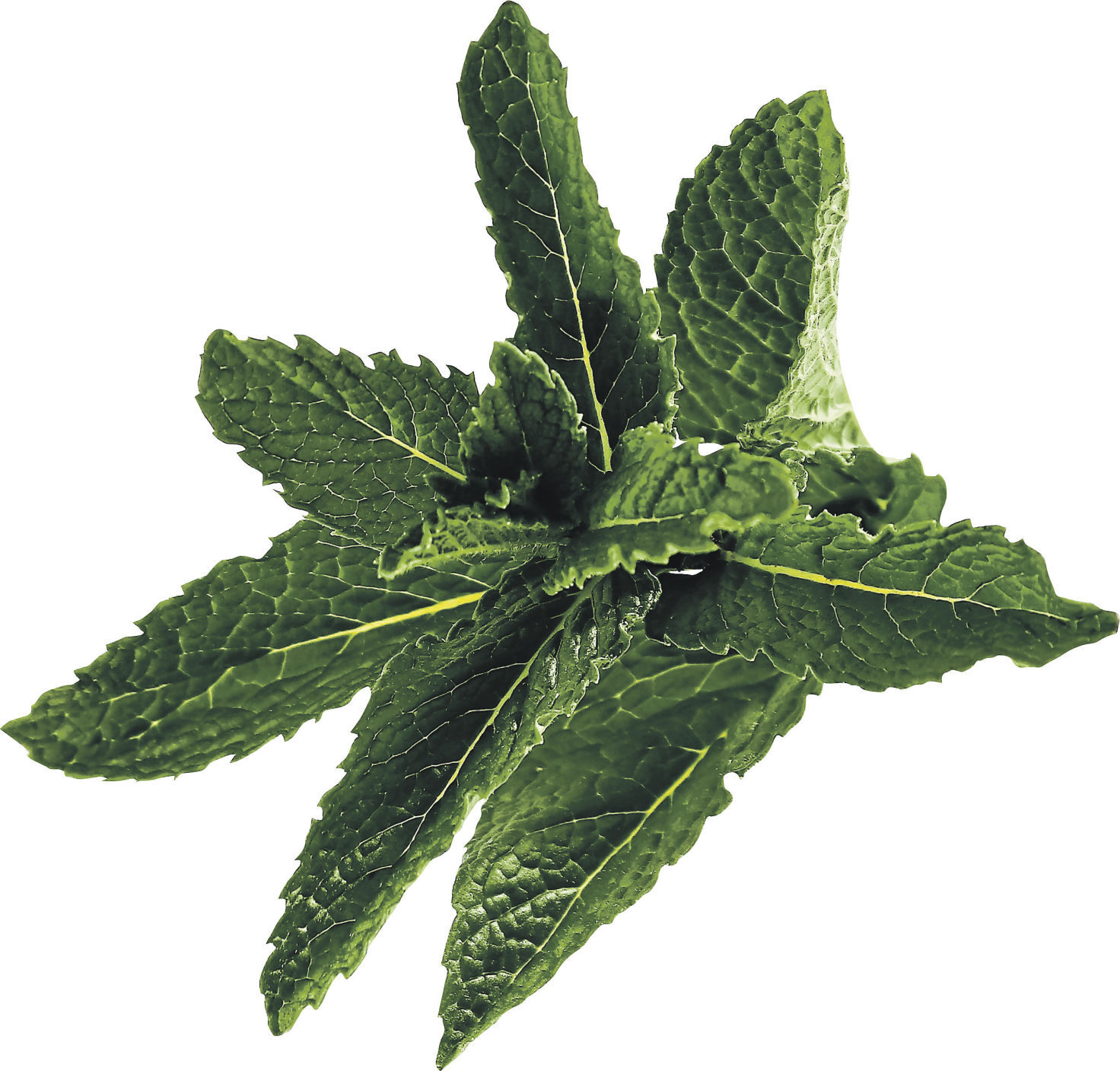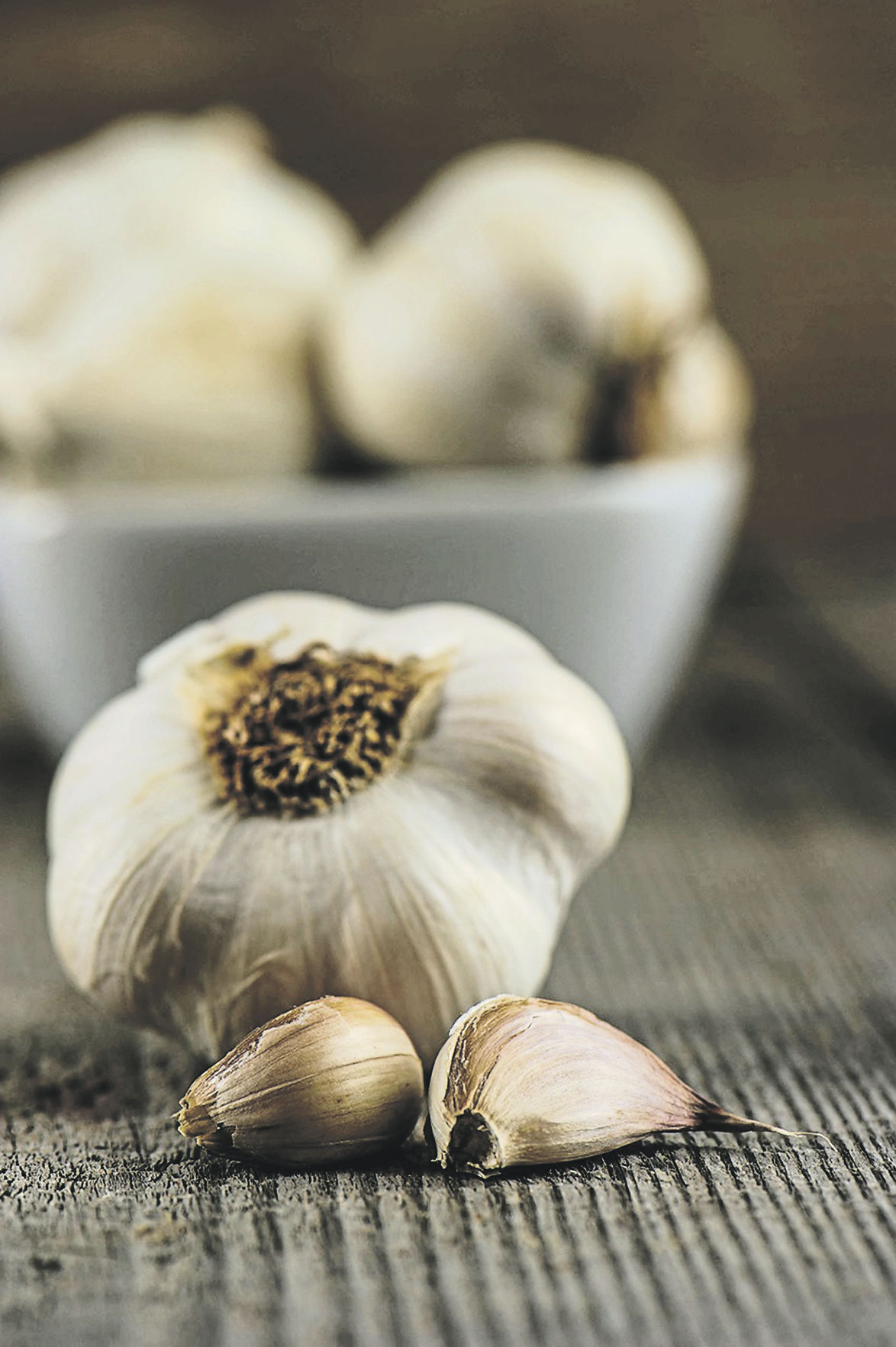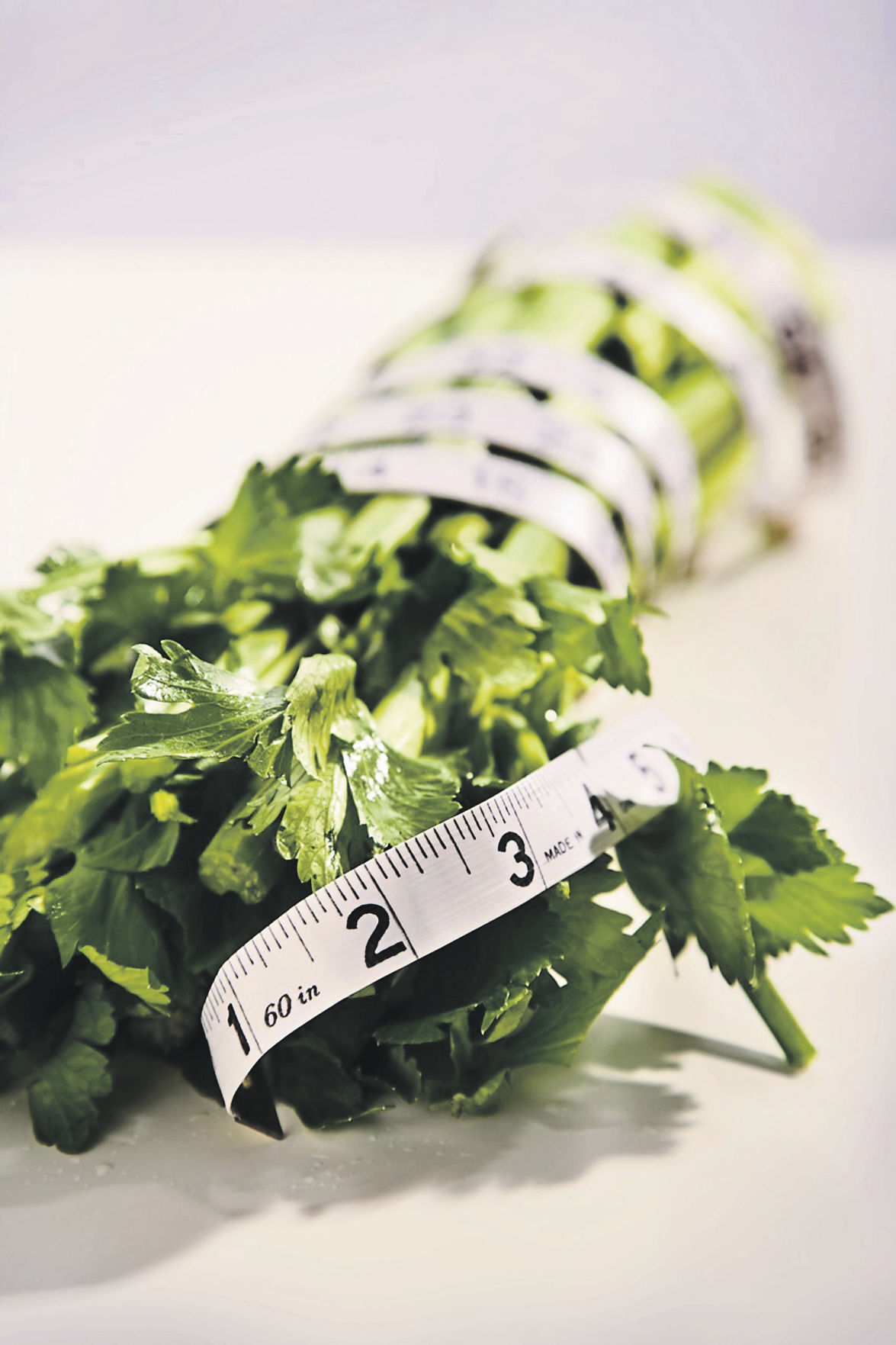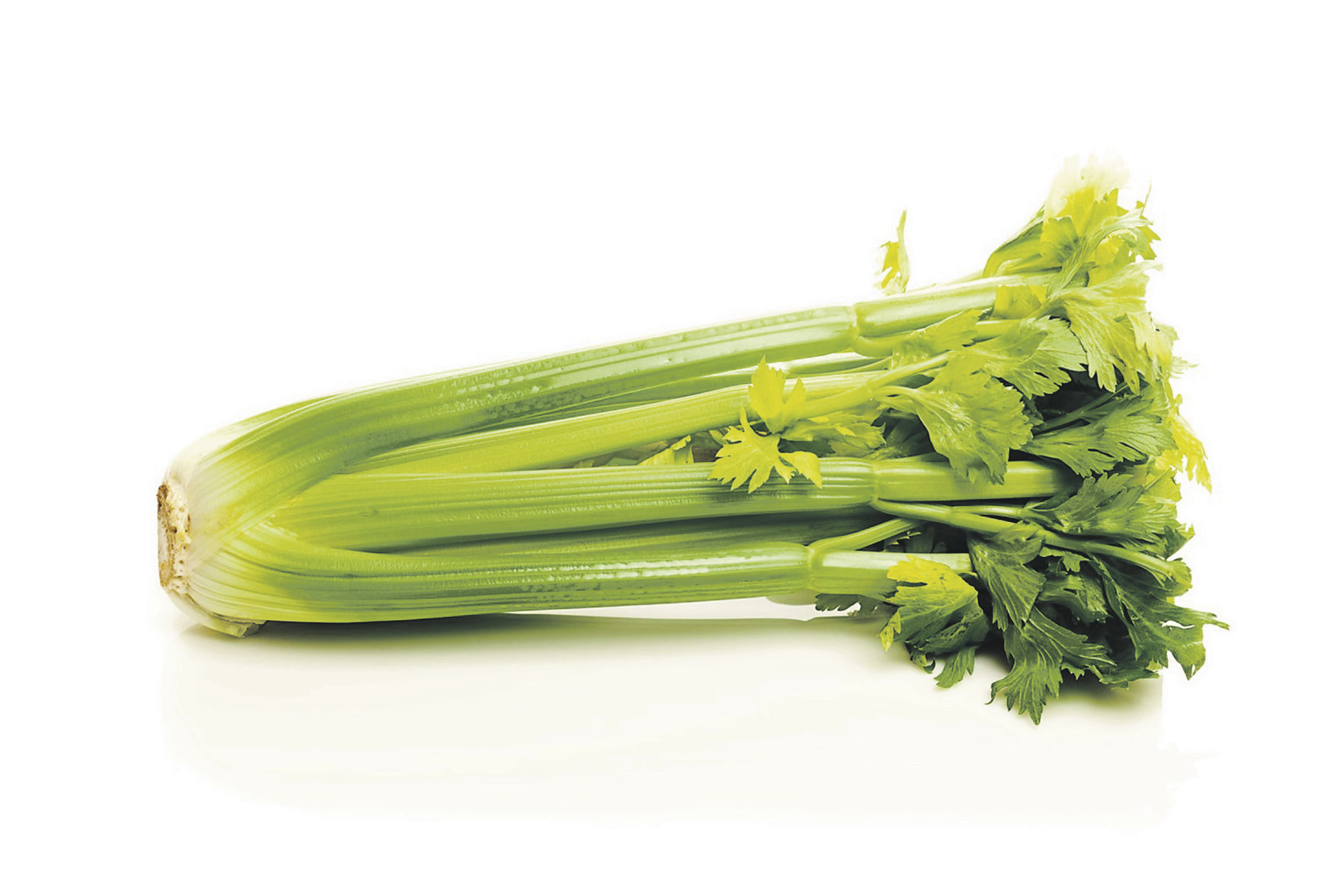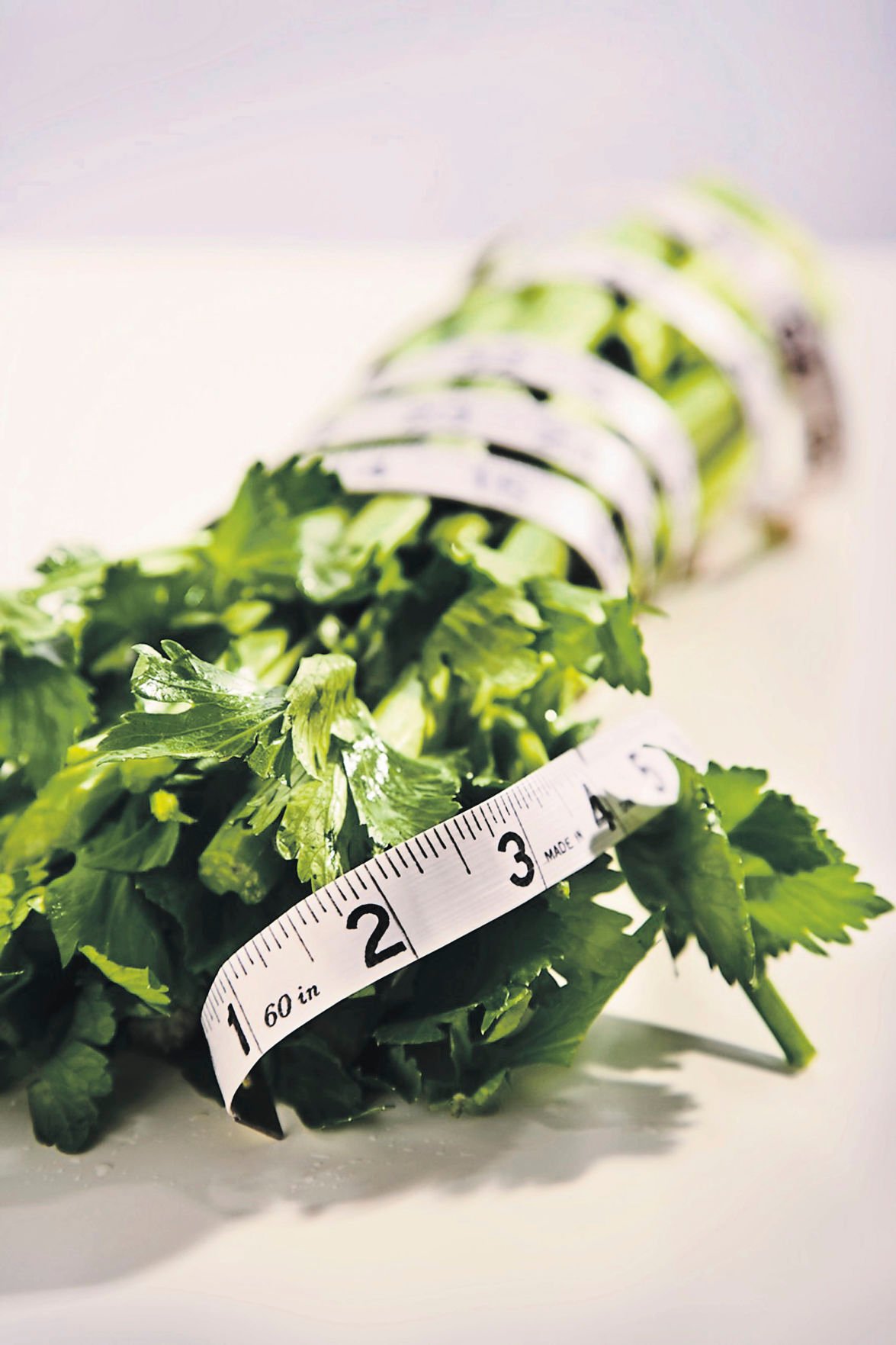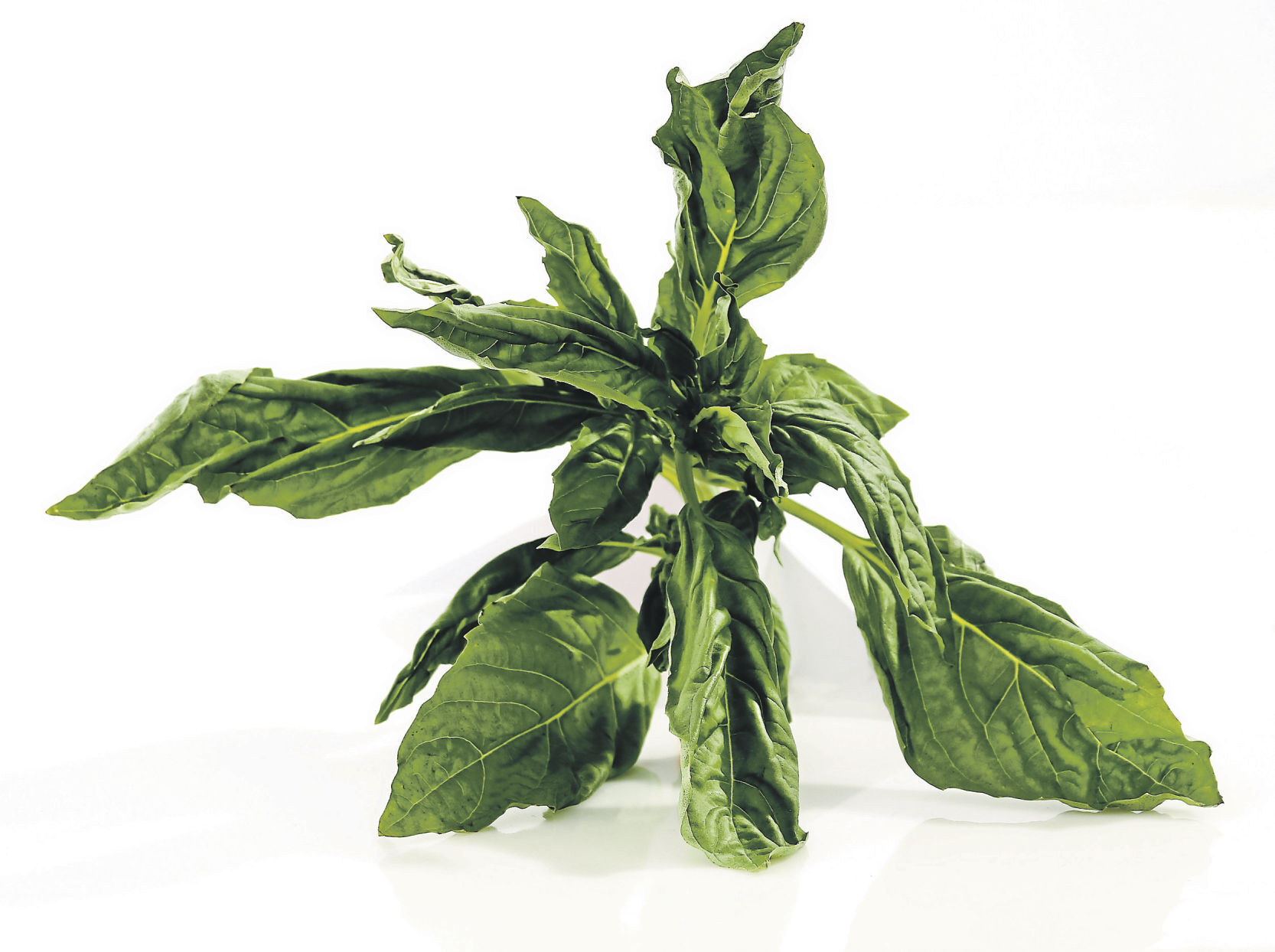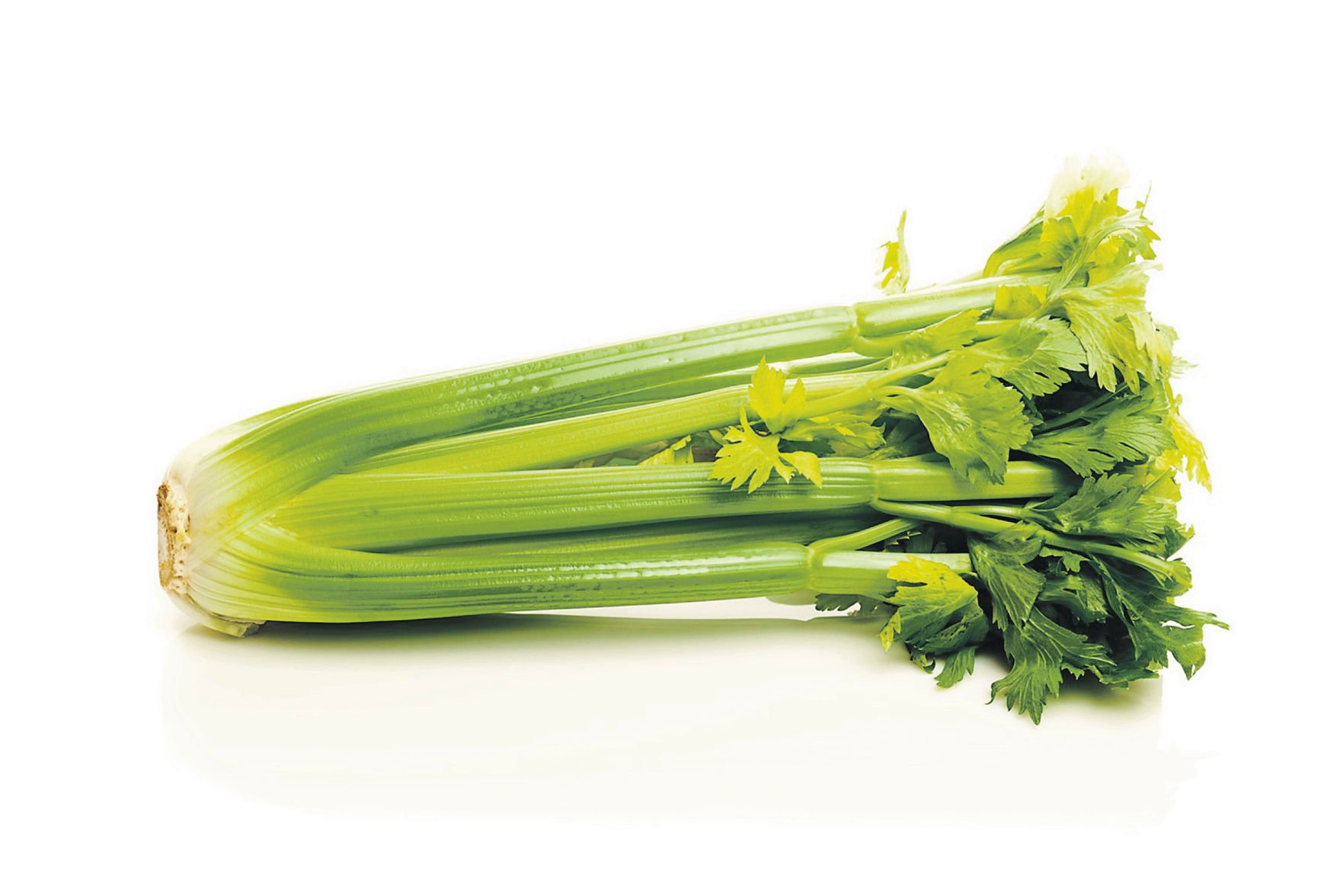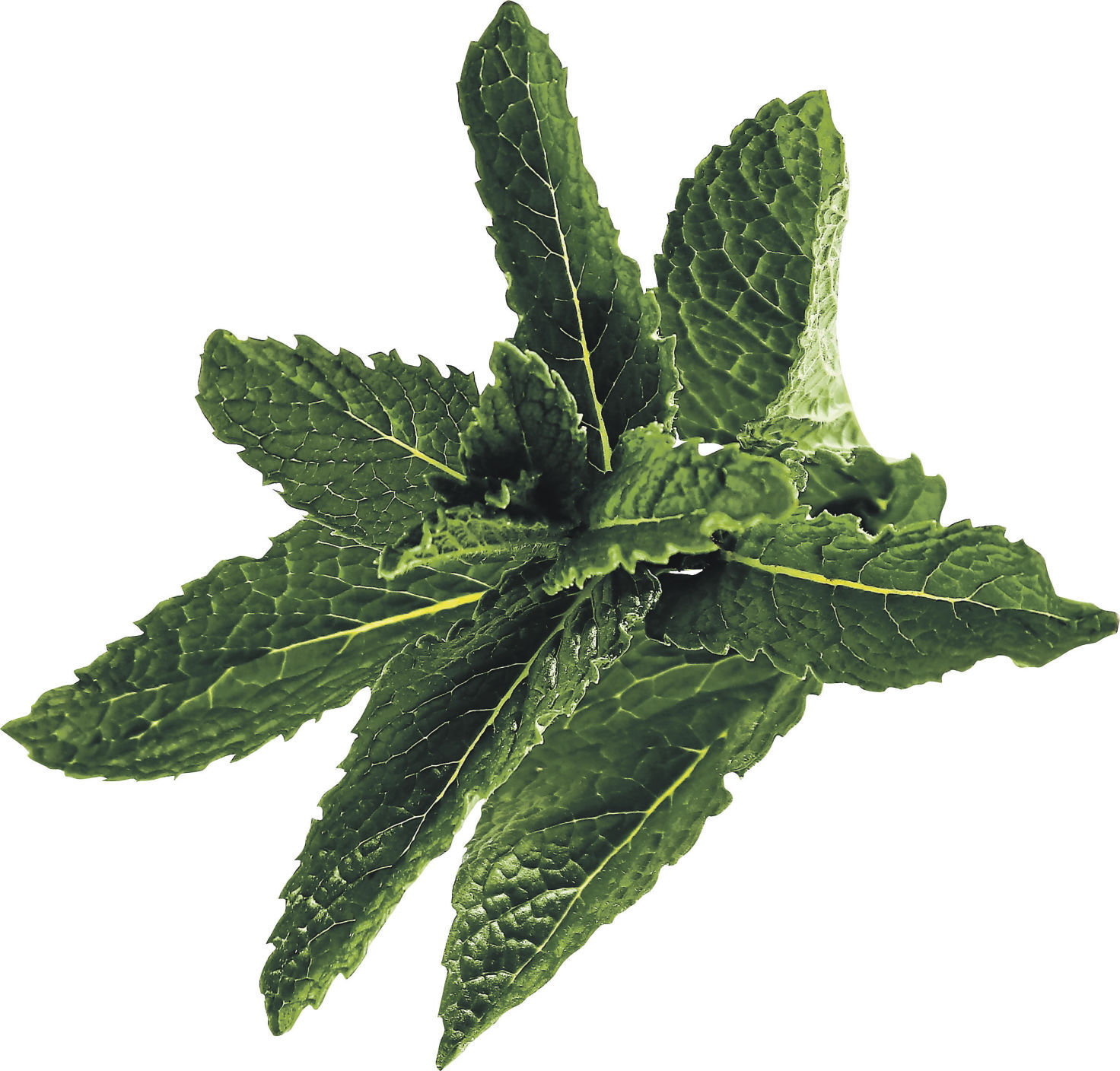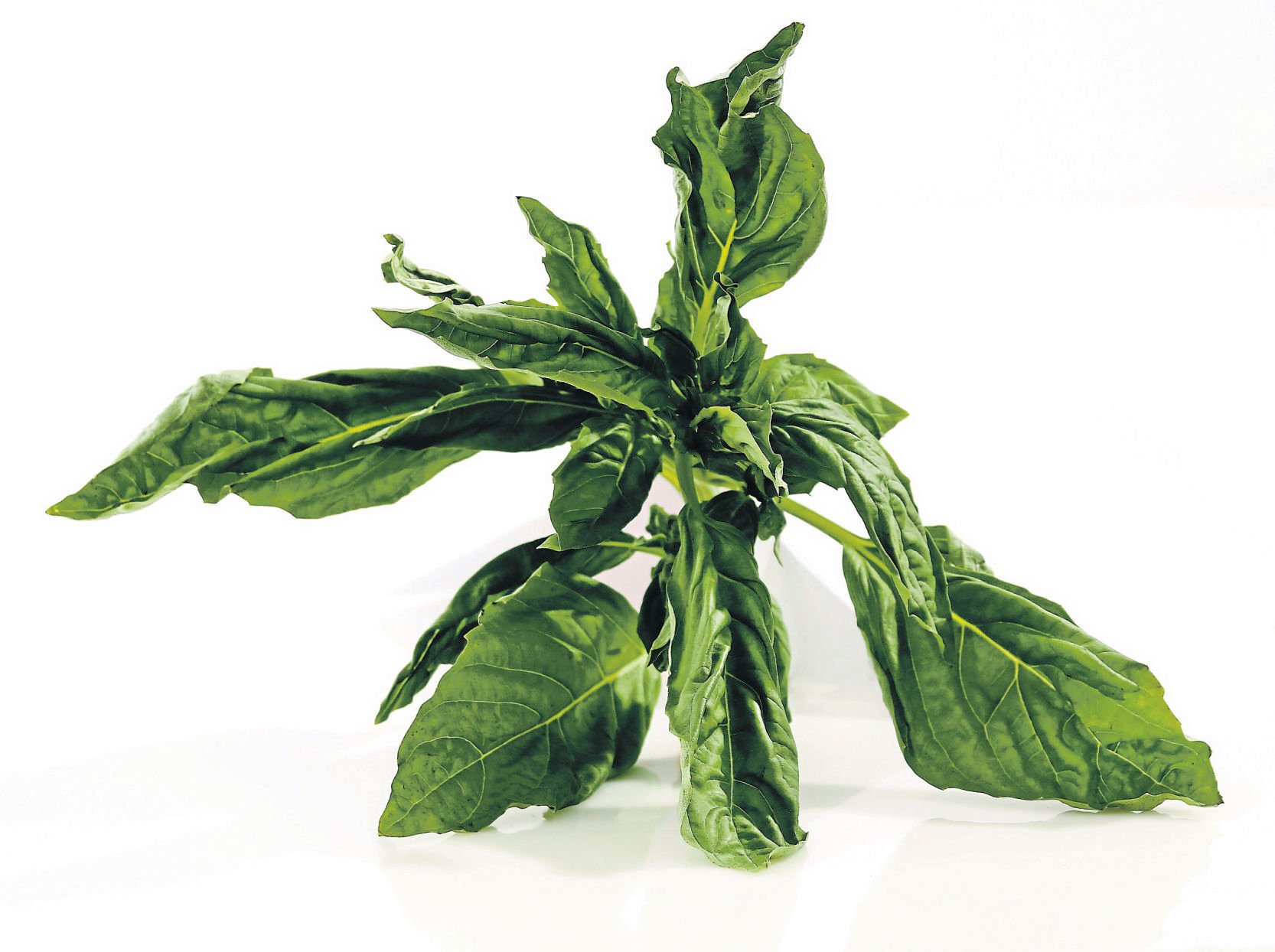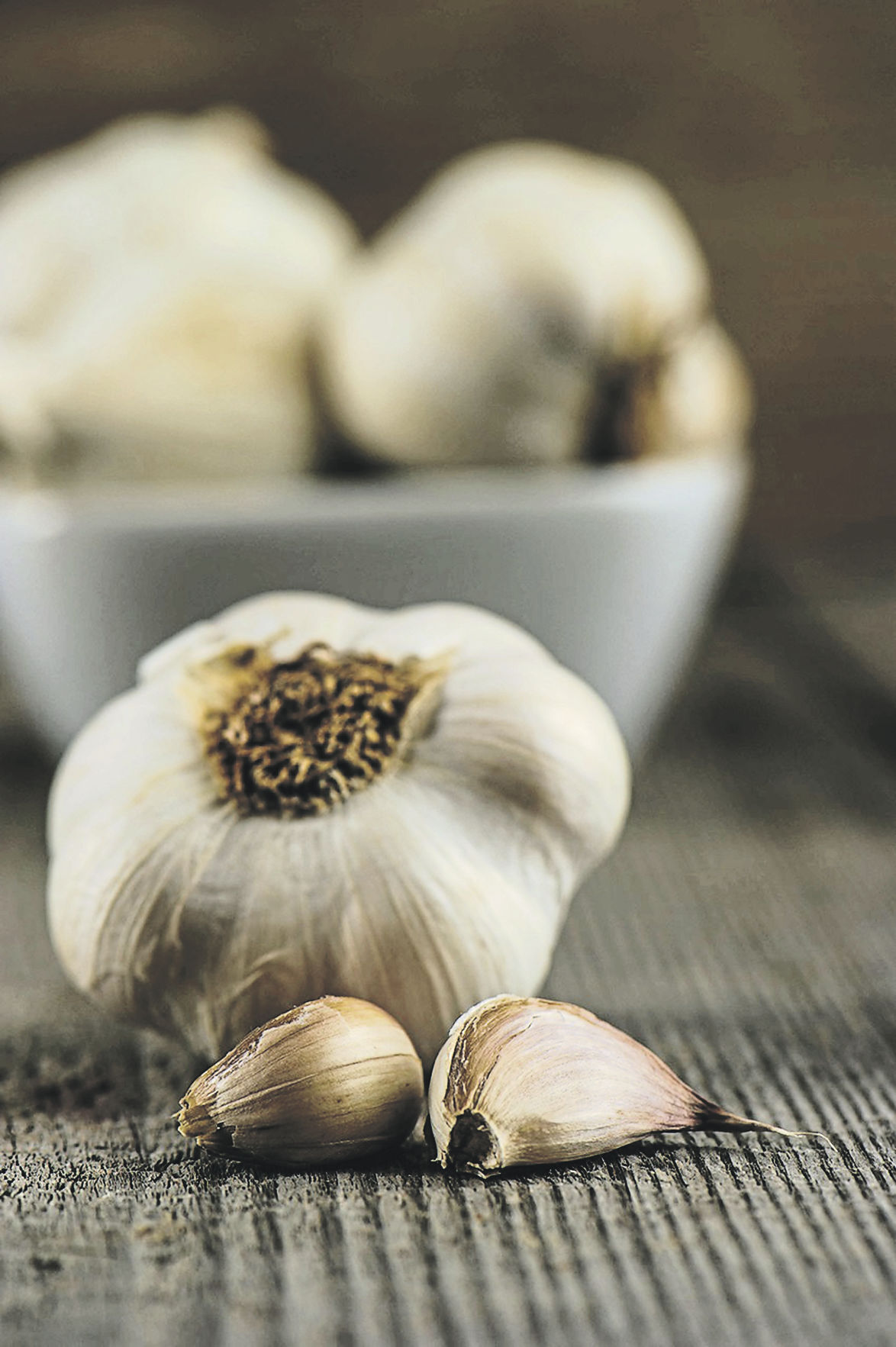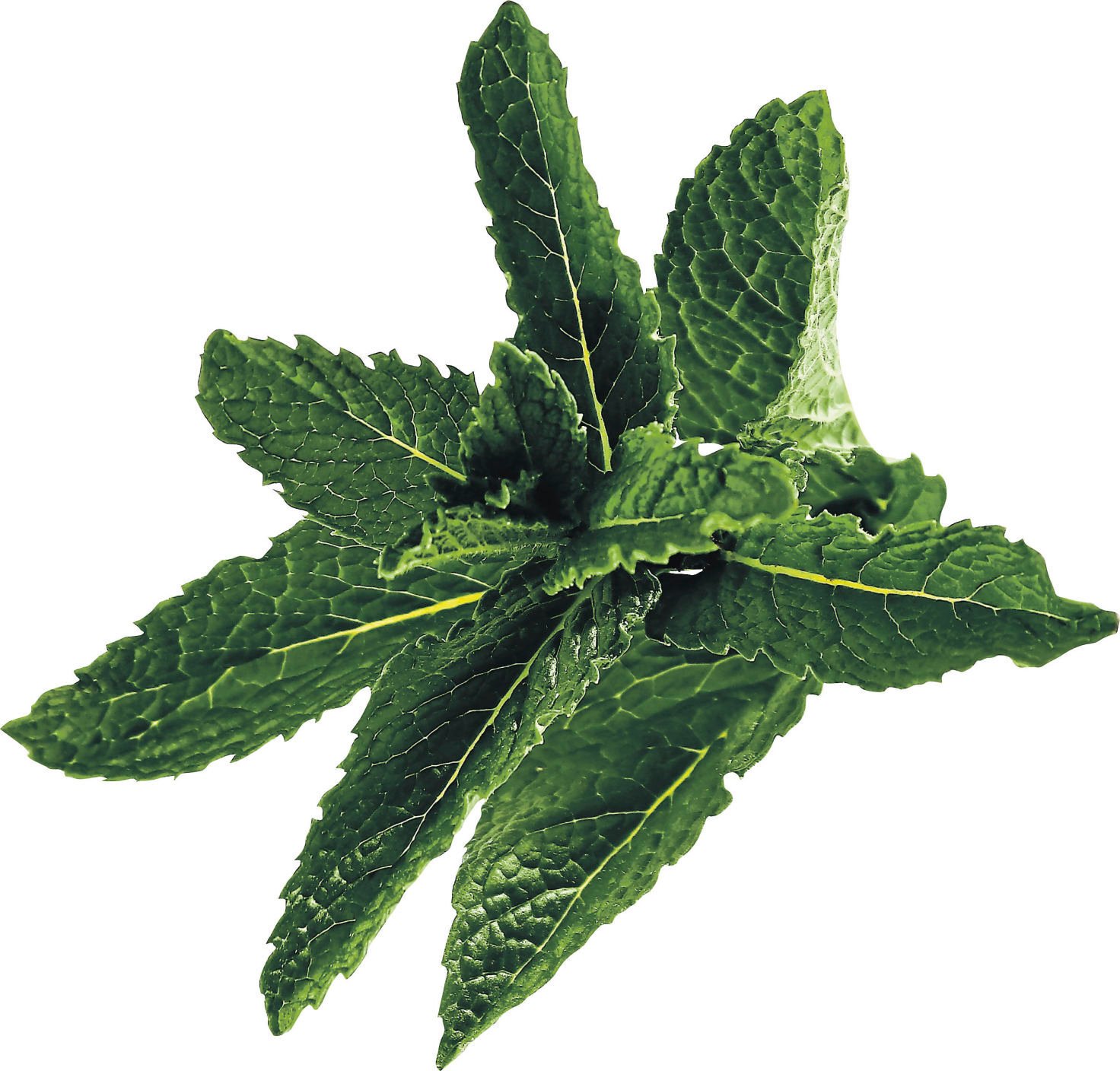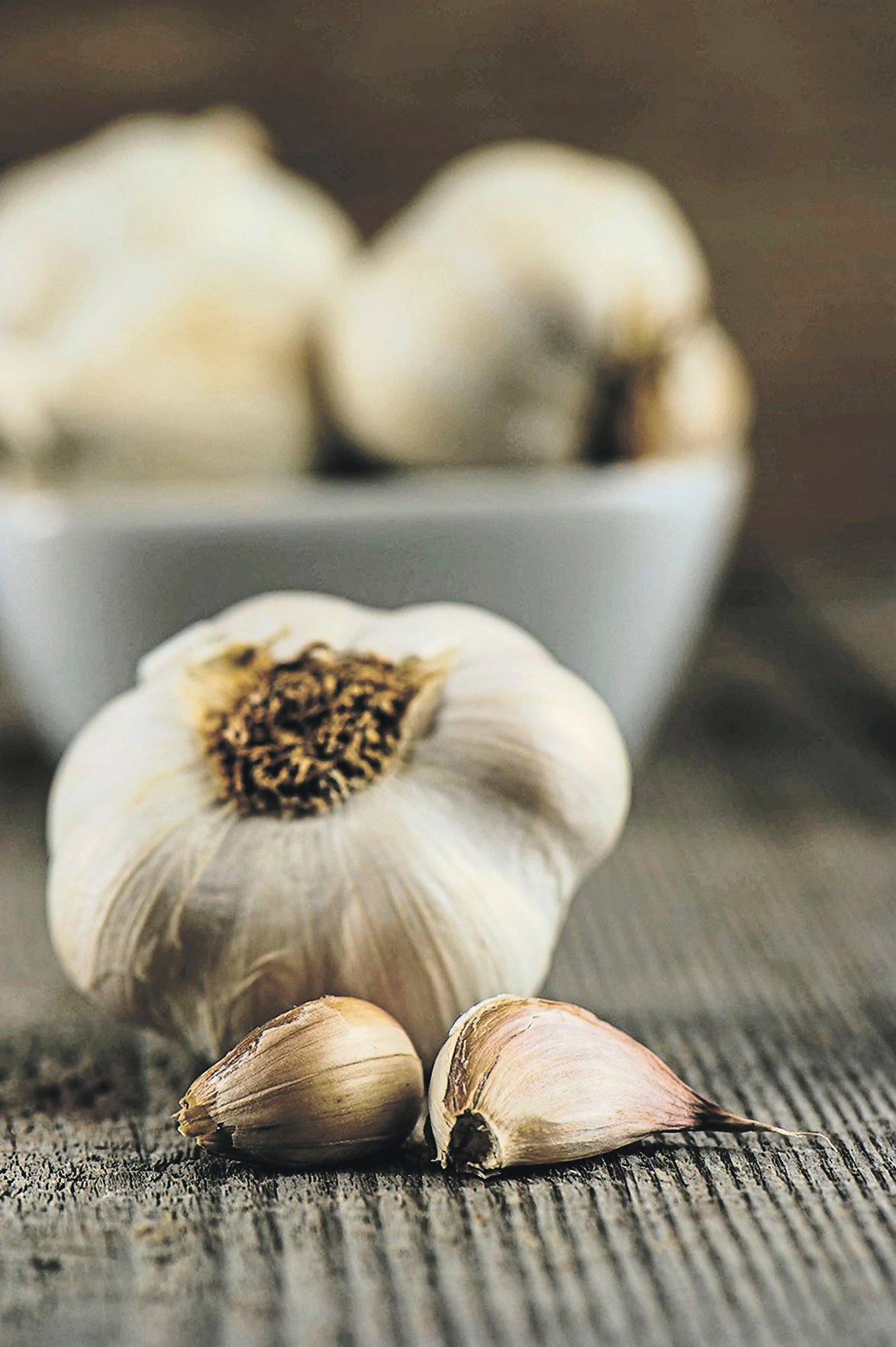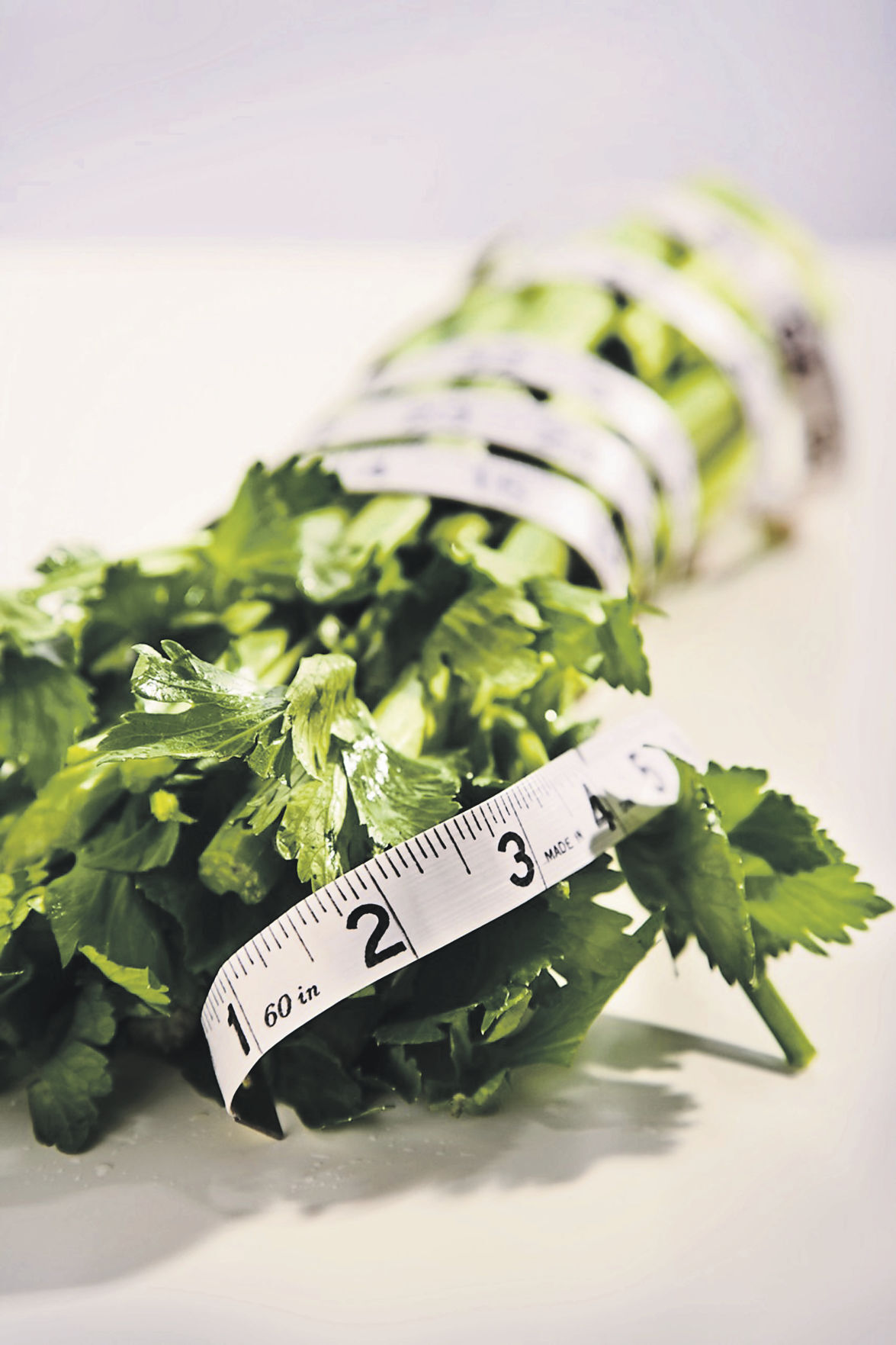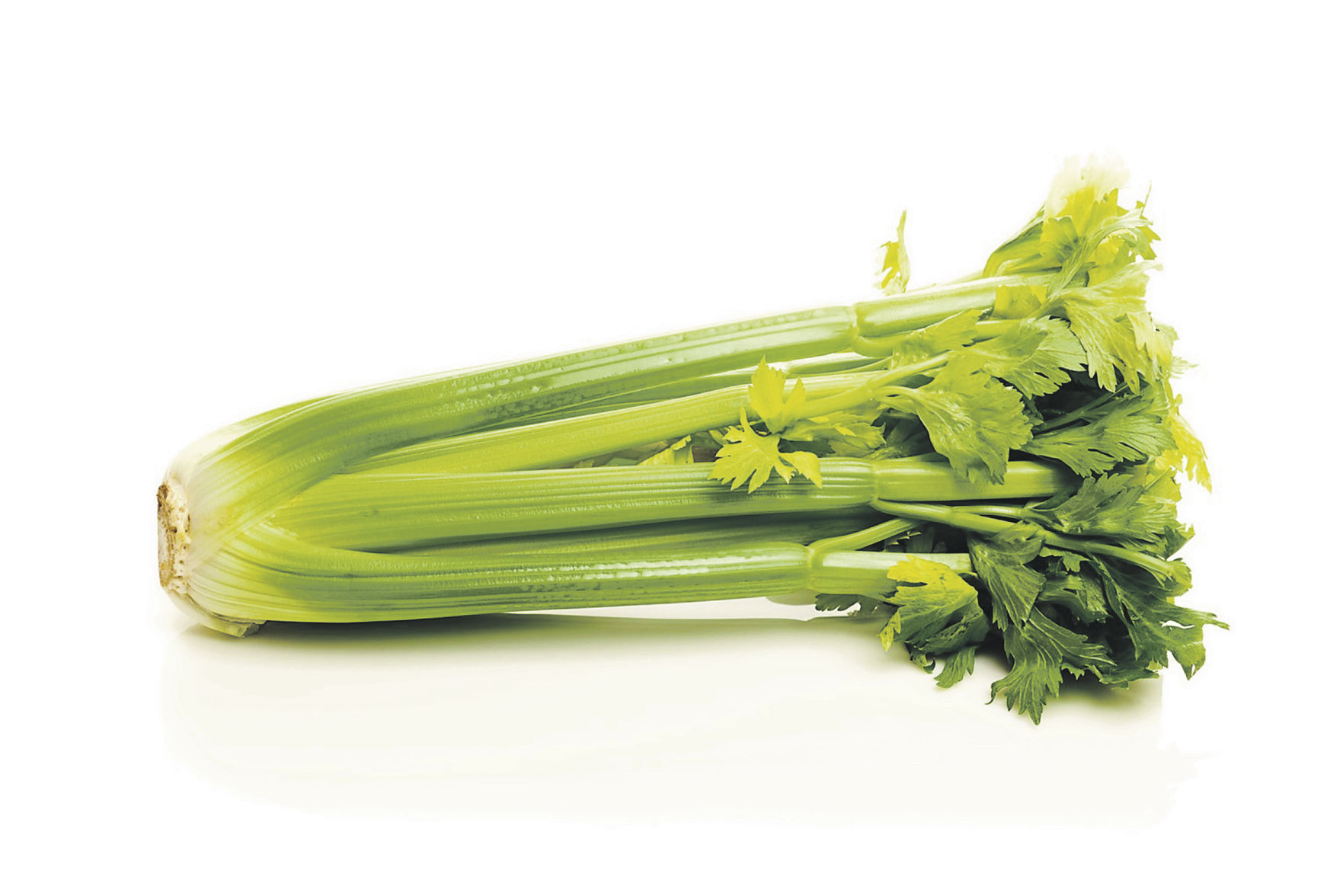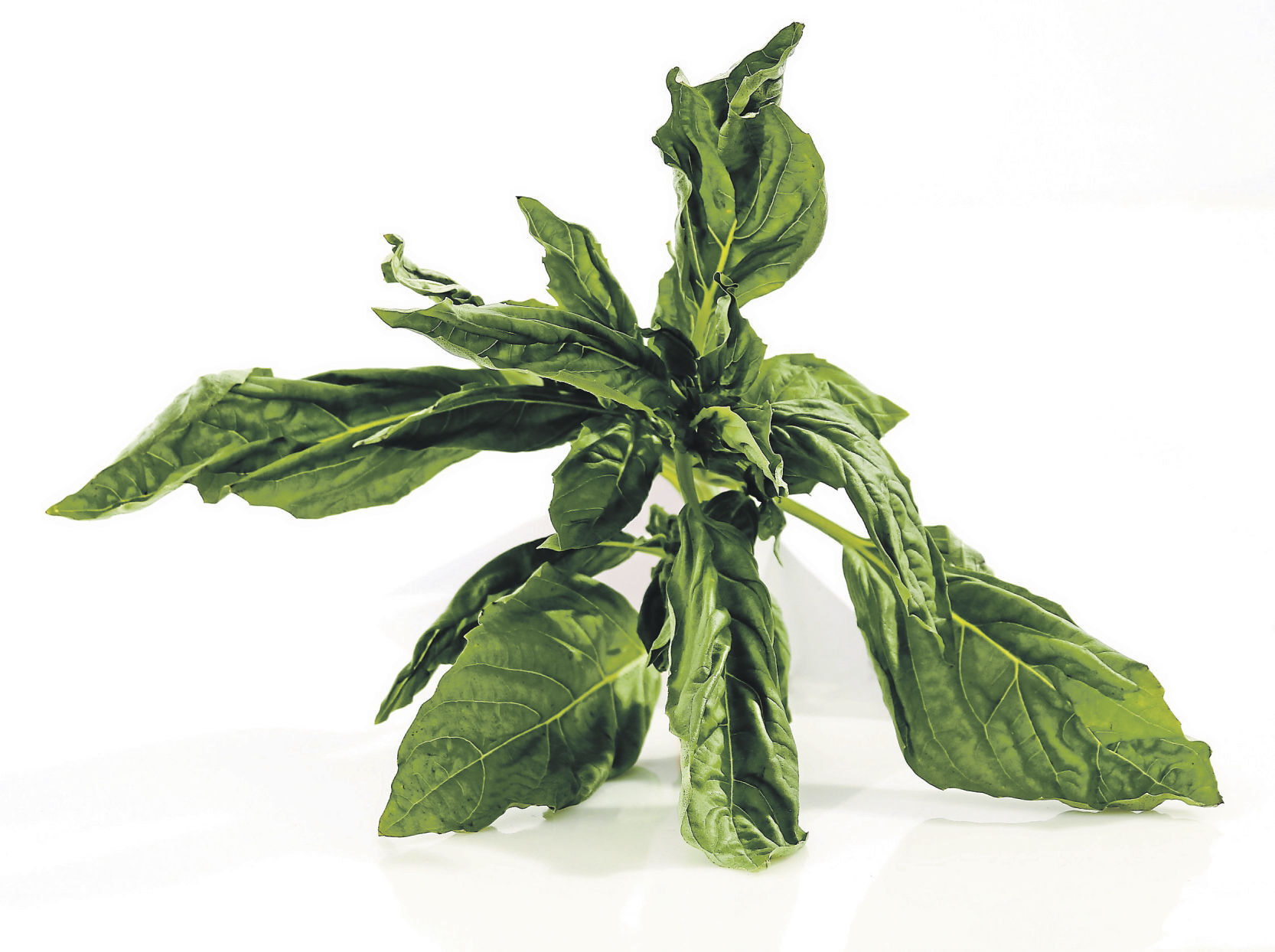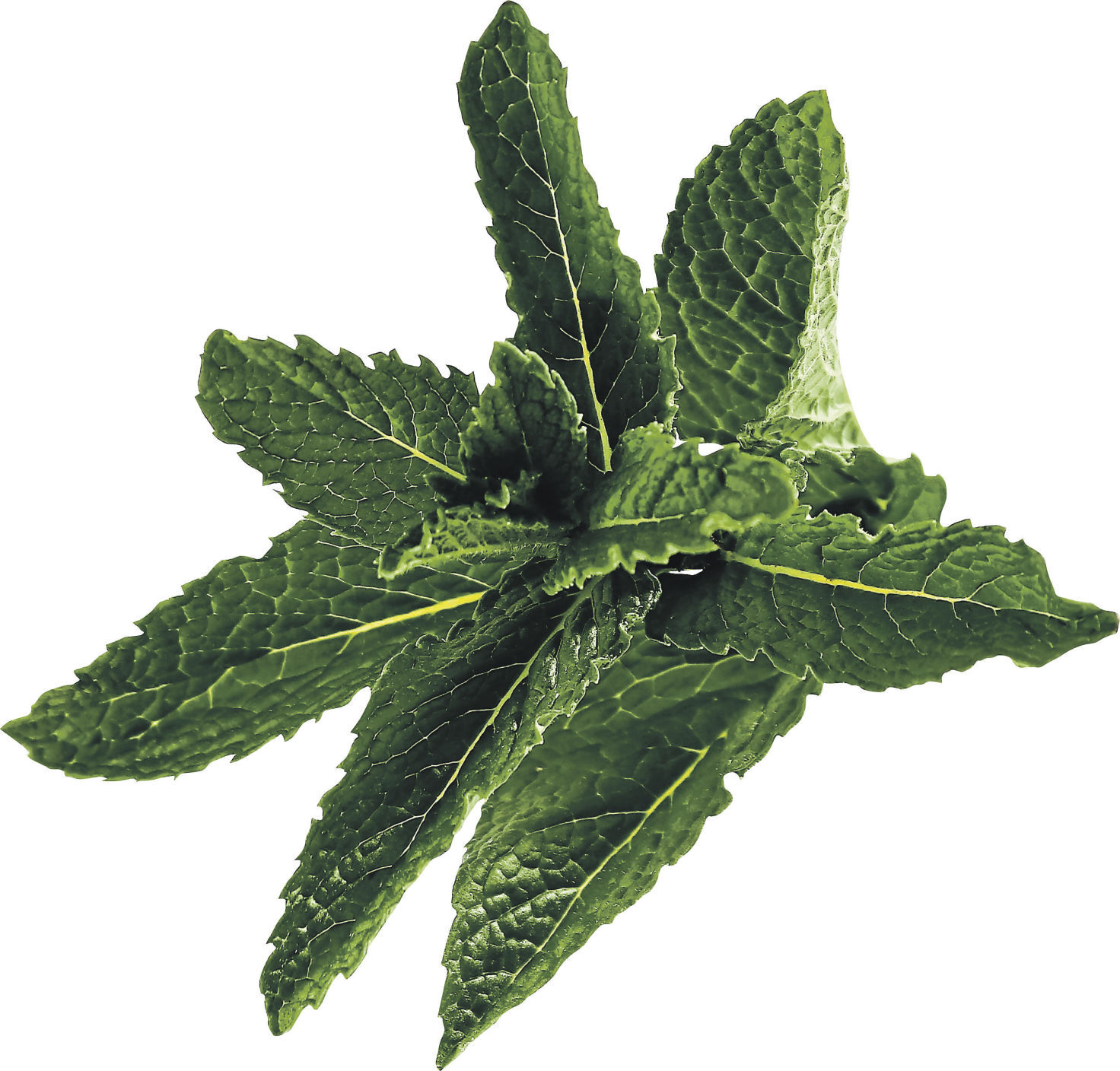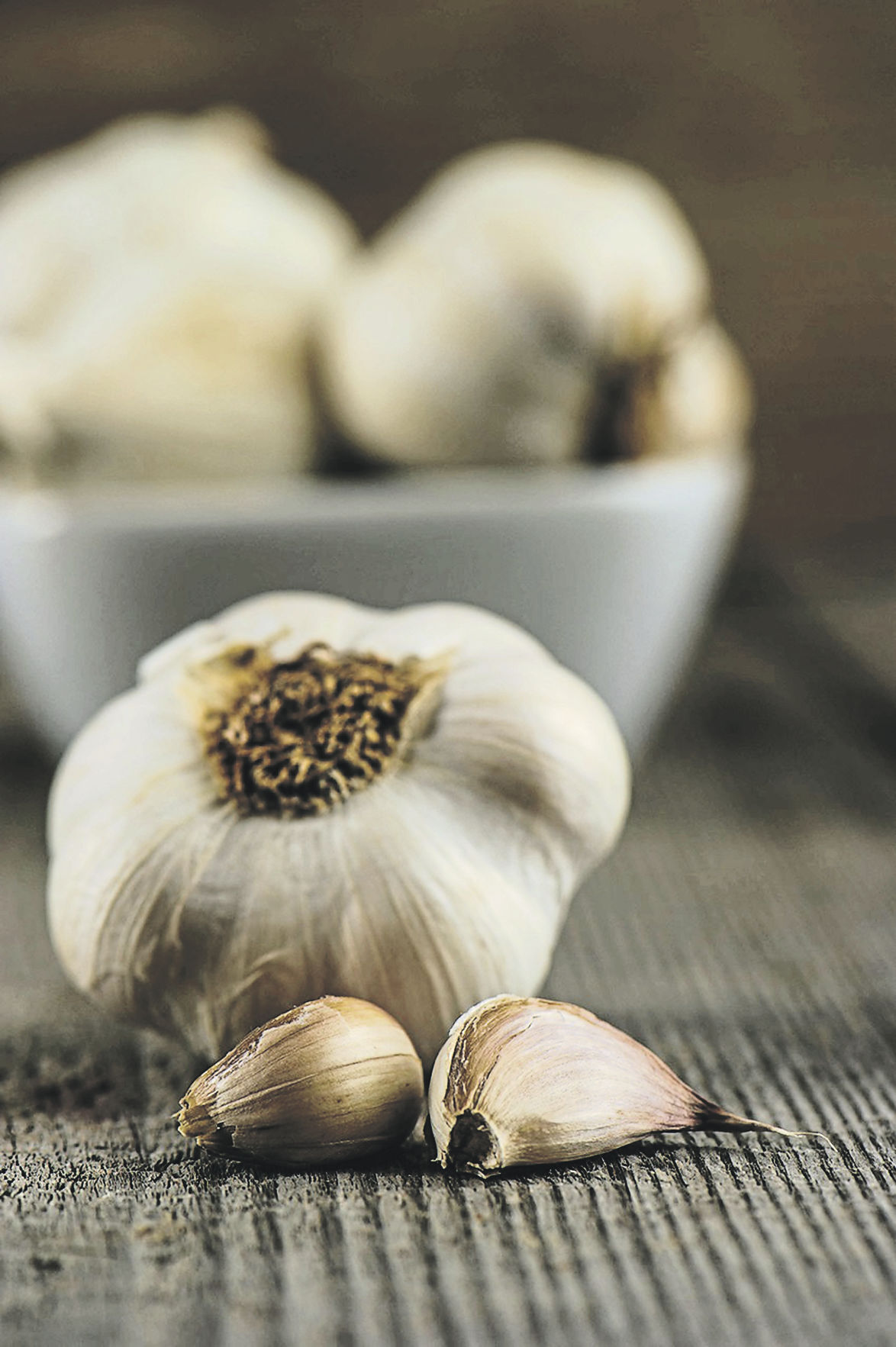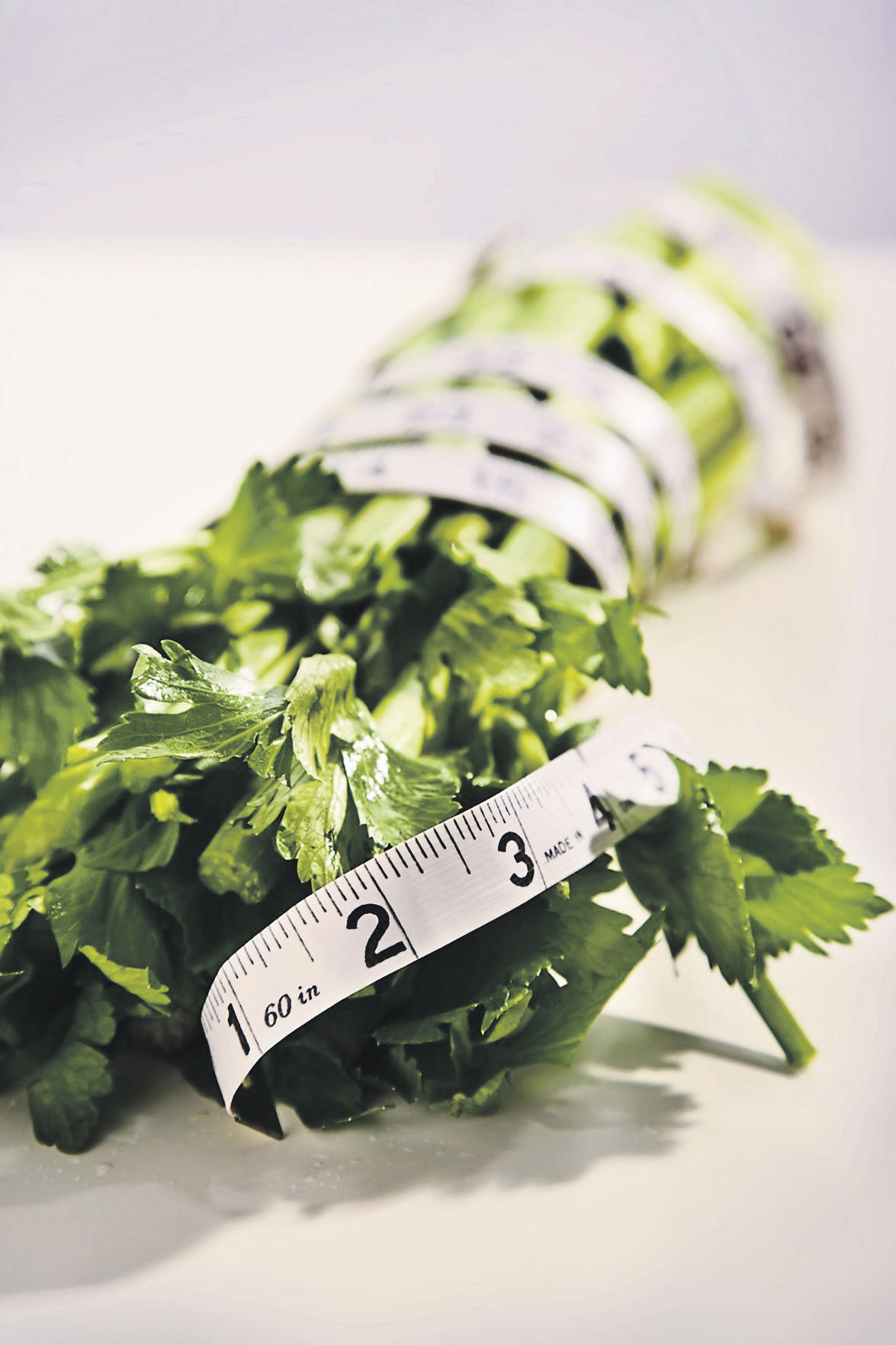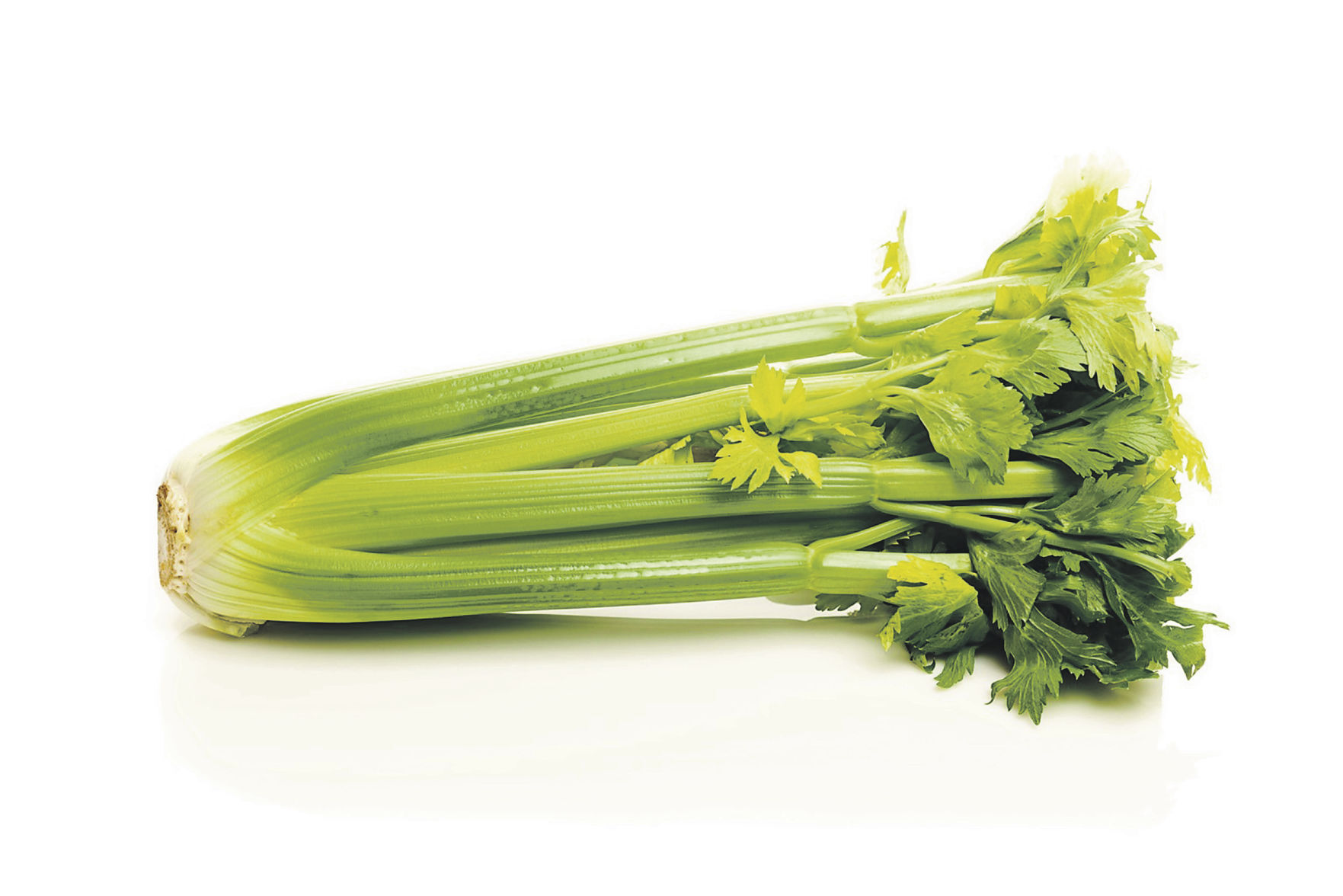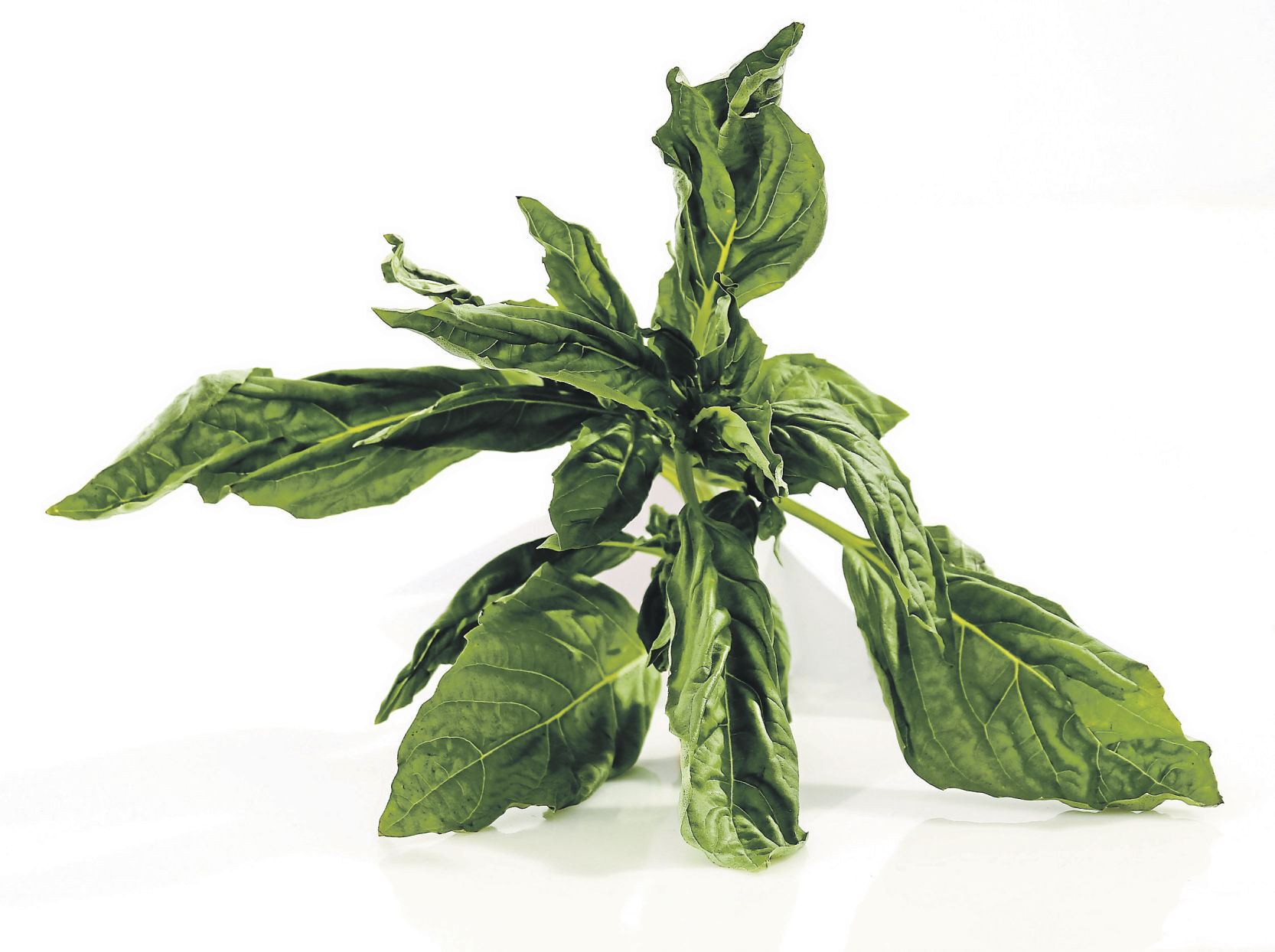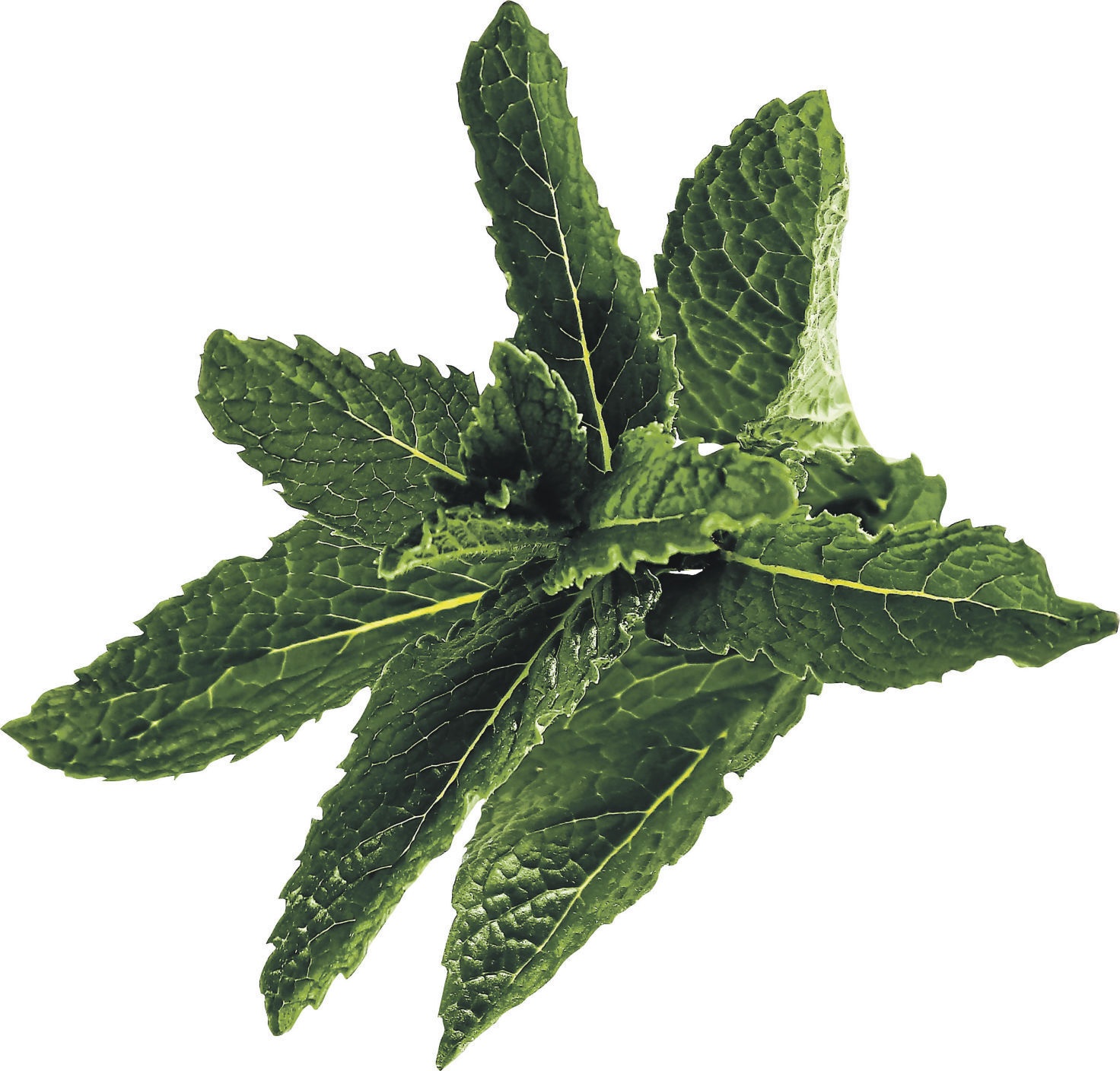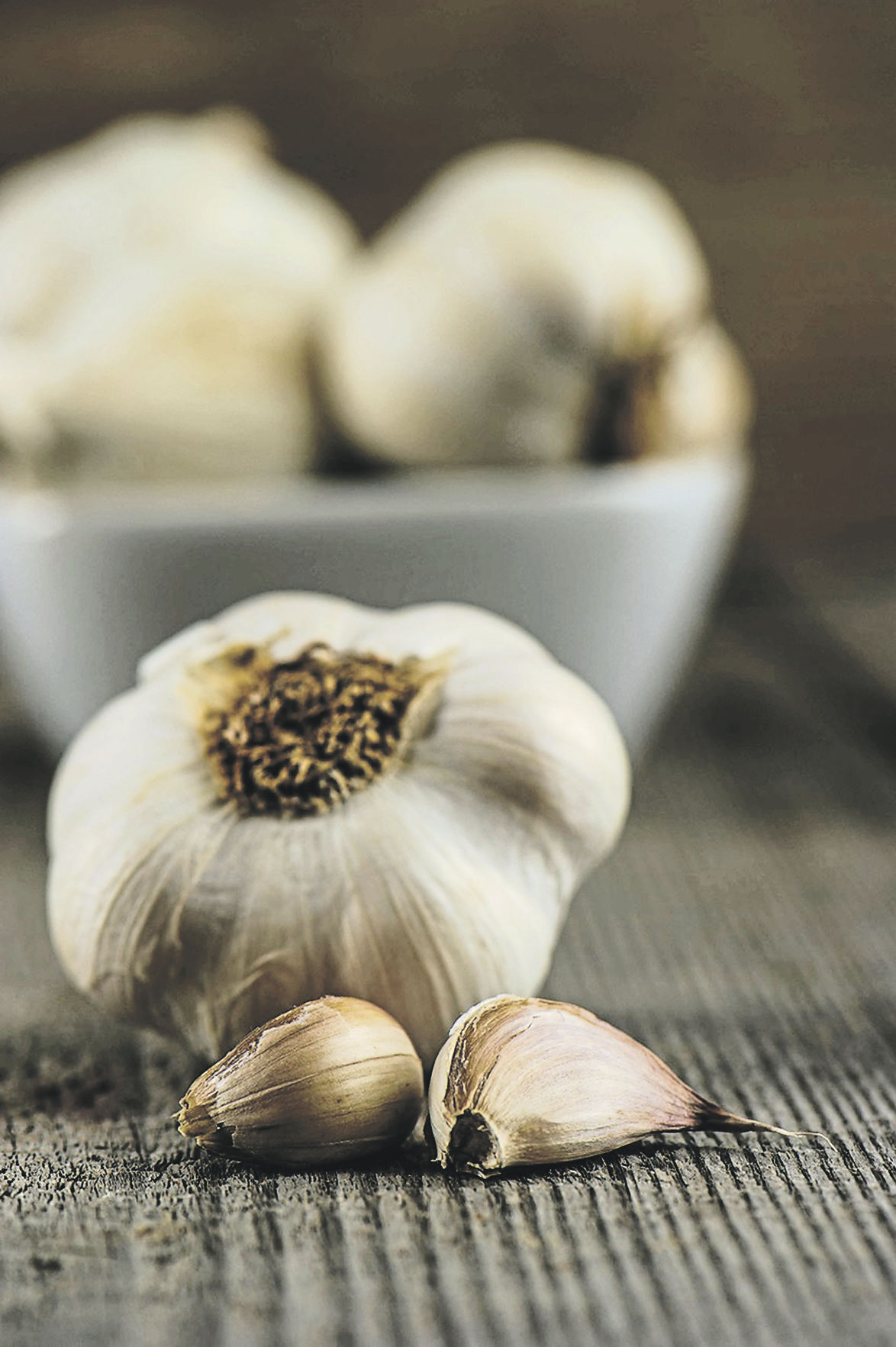It’s spring, which means that summer is on the way.
To me, that means I’ll soon be tending to my garden, which I love for many reasons.
I love to play in the dirt. I’m sort of a child when it comes to gardening. I get so excited when the first little shoots start to appear from the tiny seeds.
Having my hands and feet in the soil also helps me feel a sense of calm and connection to a stable, grounding energy.
I have some great memories of our garden when I was young — not pulling the weeds but the feeling of pulling a tomato off the vine and taking a juicy bite. Heaven.
During my years of study in Ayurveda — the 5,000-year-old study of natural, holistic health and wellness — I’ve had an opportunity to explore readily available garden herbs and their health benefits.
I’ve found my body responds in a gentler way to a tea of cumin, coriander and fennel seeds to settle my stomach than if I rely on a chemically formulated medicine for short-term relief.
Here are a few easy-to-grow herbs that also are useful for minor health issues:
Cilantro
Cilantro comes from coriander seeds and is an essential ingredient in many summer recipes. Ayurvedically, coriander seeds are well-known as a carminative — an herb that relieves or prevents gas in the digestive system.
Cilantro leaves have properties of a natural antihistamine and can calm the immune system, as well as calm a poison ivy rash.
Celery
Its value can be easy to overlook due to its underwhelming flavor. However, celery has many benefits.
It’s a diaphoretic, meaning it opens sweat glands. It also contains compounds that relax the muscles surrounding arteries which can help lower high blood pressure and improve circulation.
Basil
If you have a summertime cold, basil can be a powerful ally.
It contains cinnamic acid which helps break up phlegm in the bronchial tubes. It also contains high amounts of vitamin C. Studies also have shown that basil, as a member of the mint family, can be effective in reducing the effects of diabetic neuropathy.
Mint
Mint is distinguished by its high concentration of the oil known as mentha, which gives mint its refreshing smell.
Mentha has numbing properties and can be used topically after it has been crushed to relieve itching from a rash (especially if you have gotten into some stinging nettles).
Mint also is helpful in easing stomach cramps. And, as an antispasmodic, it relaxes smooth muscle tissue.
Garlic
Plant garlic in the fall, and it will be ready to harvest by August.
Garlic is known to reduce inflammation in the body and can help lower cholesterol when added to your diet. It also has antiviral, antibacterial and antifungal properties and can give your immune system a boost.
Plan for next year
Gardening can be a powerful support for overall health and wellness. It’s fabulous that we have the opportunity to nourish our body and mind with the process of preparing and caring for a garden through these months of sunshine and growth.
A community garden also is a terrific way to get to know your neighbors and to learn from and support one another.
The use of herbs is meant as a supportive therapy for general health and wellness and is not meant to replace treatment or medicines your medical doctor is recommending.
Tonia Mayerle is an Ayurveda health counselor at Statera Integrated Health and Wellness Solutions in Dubuque.

